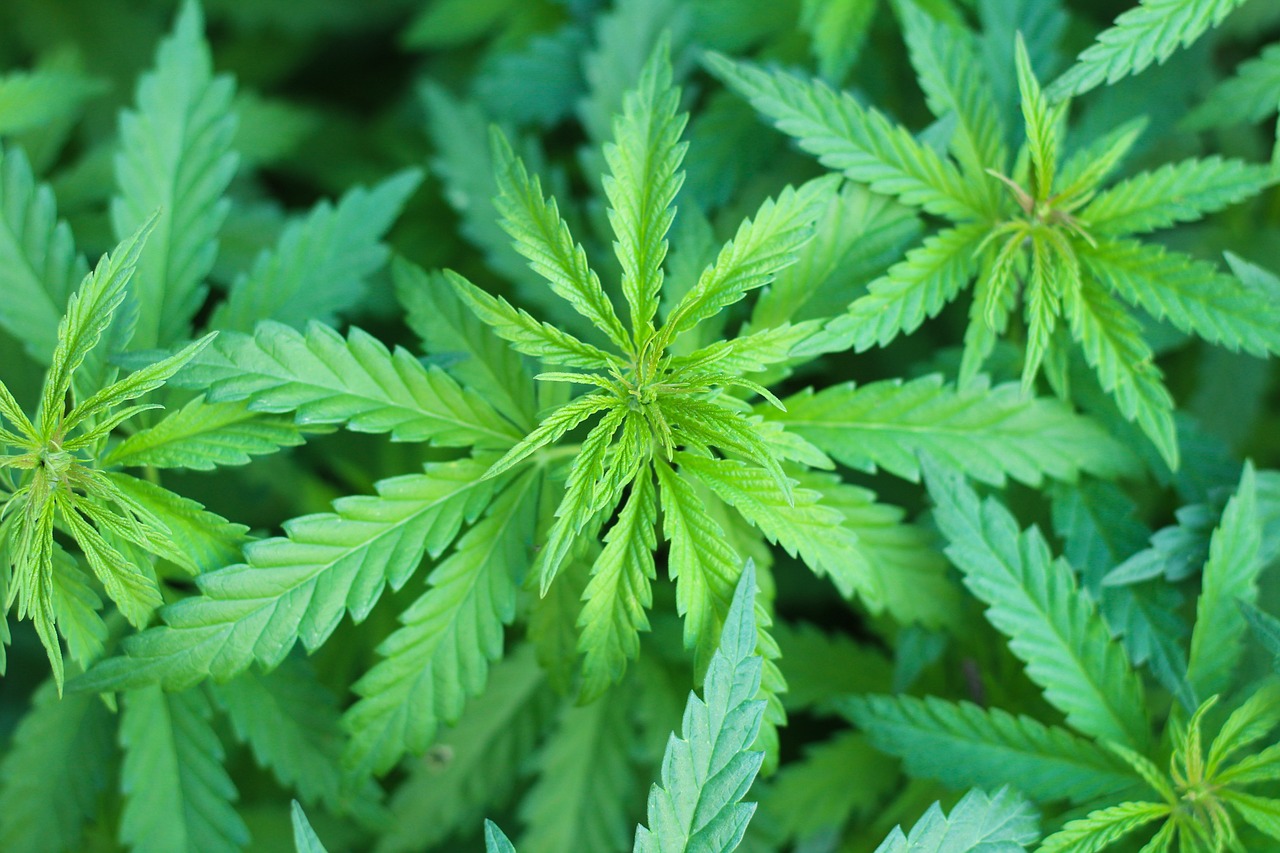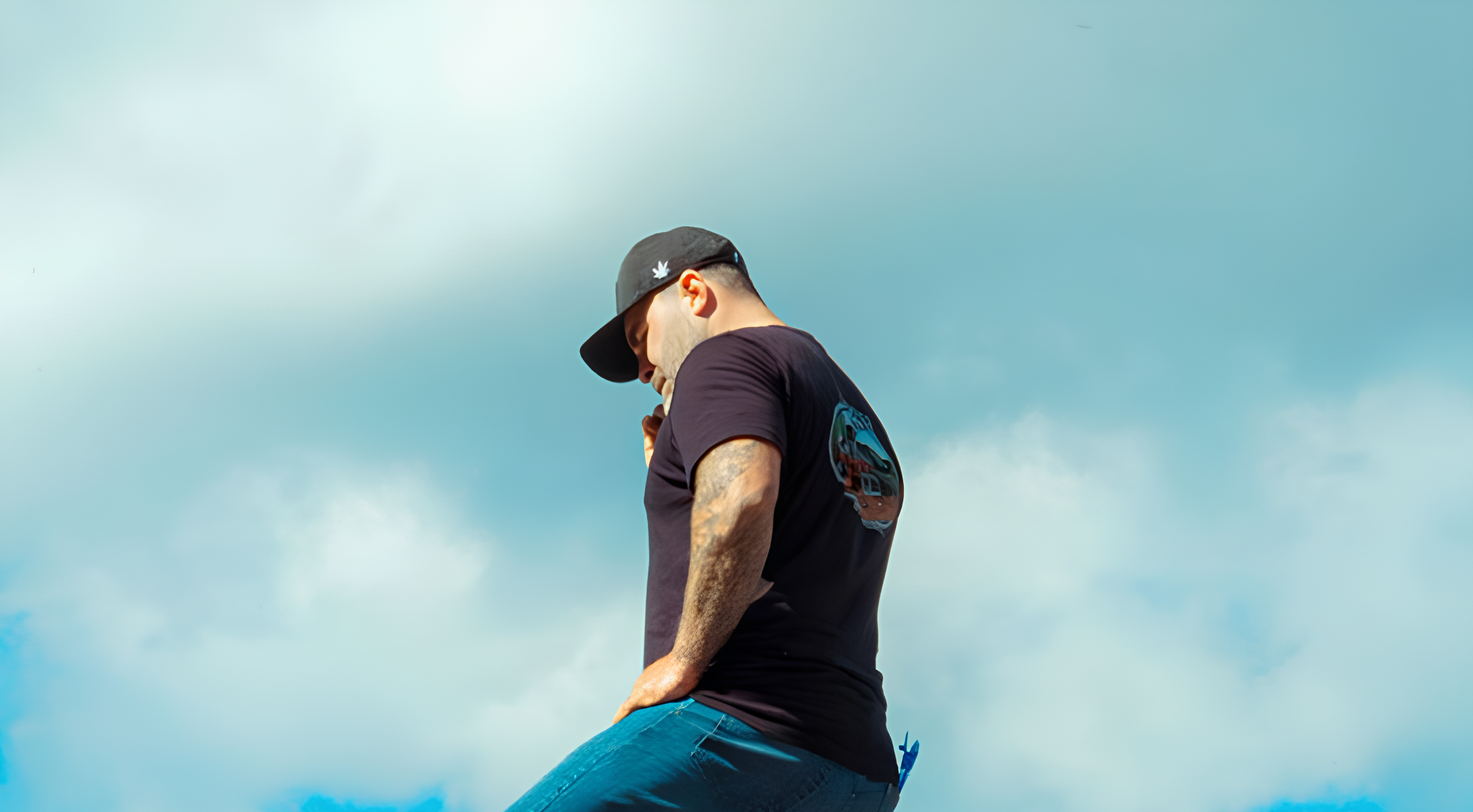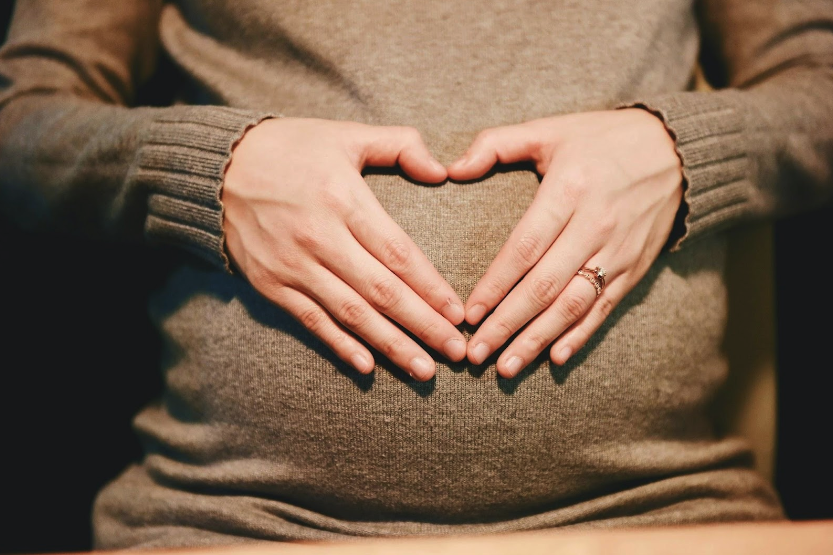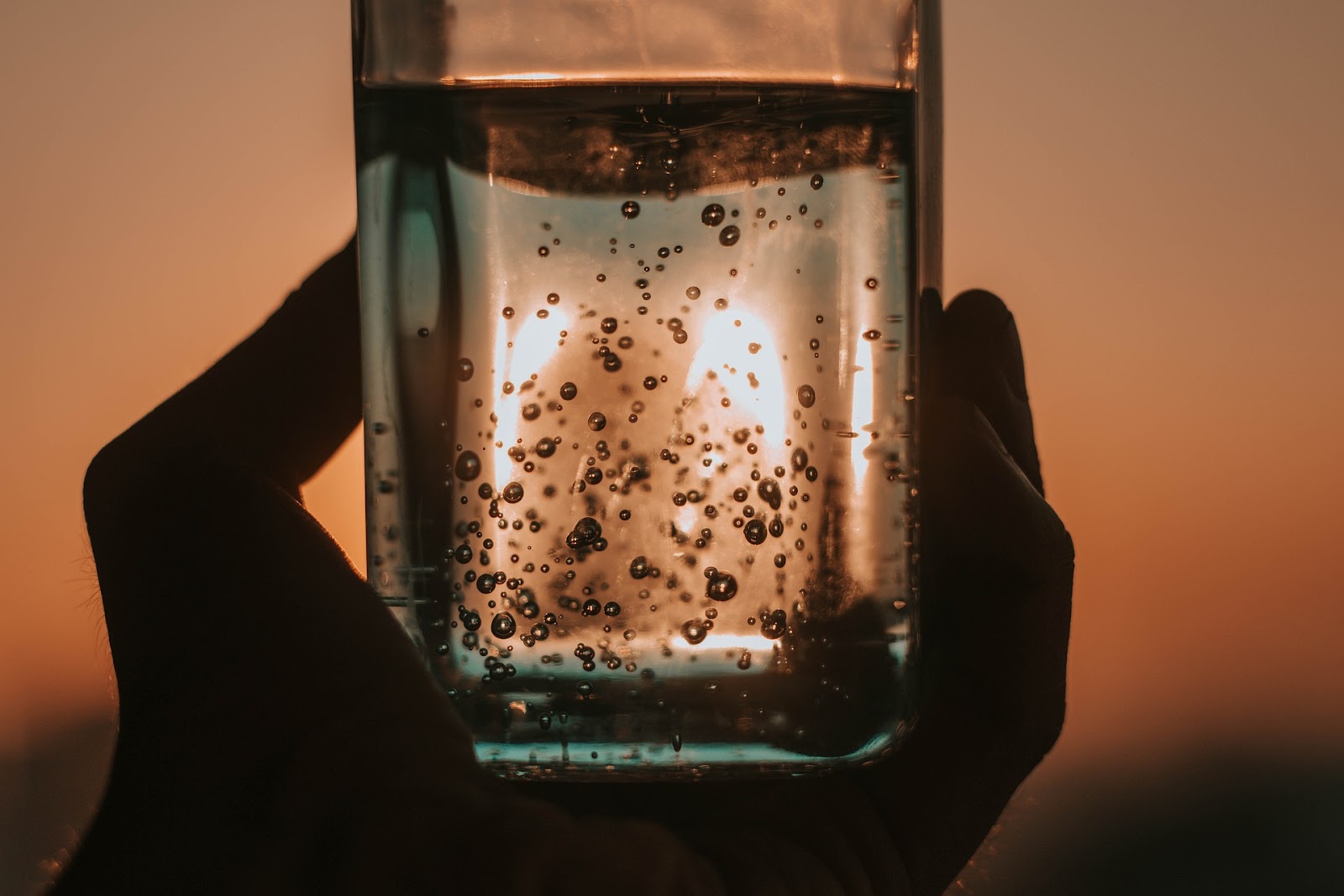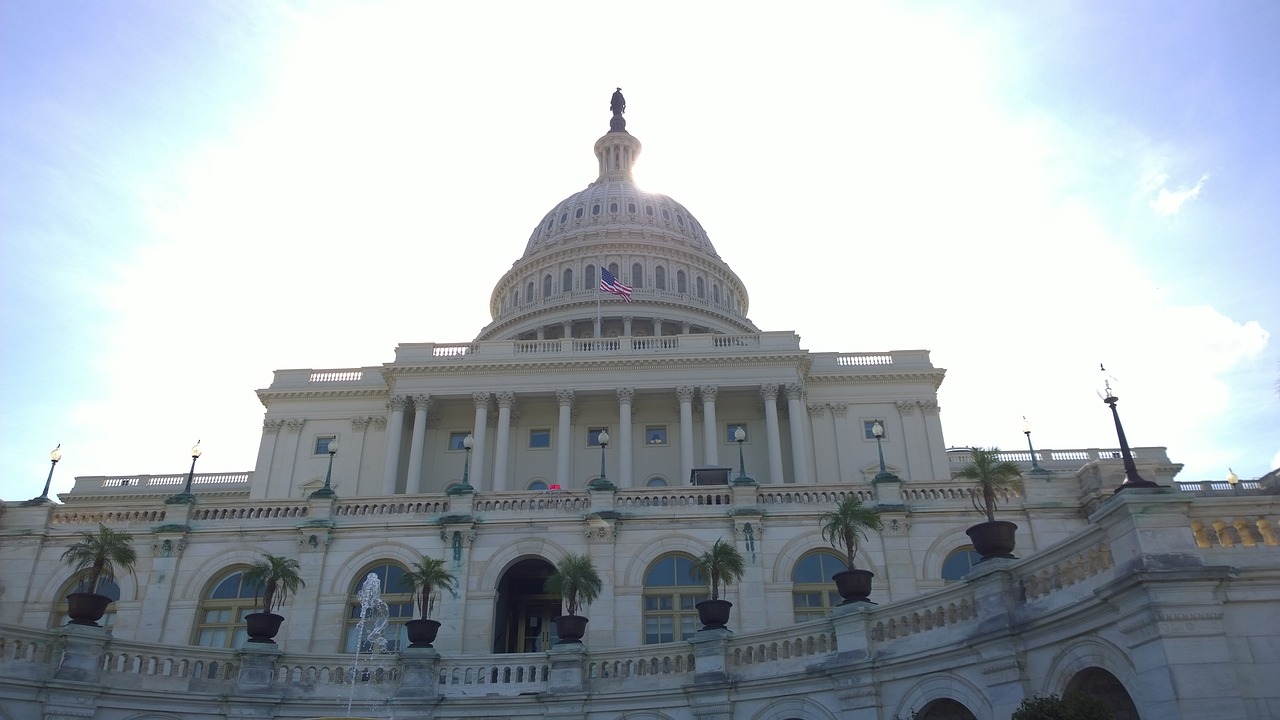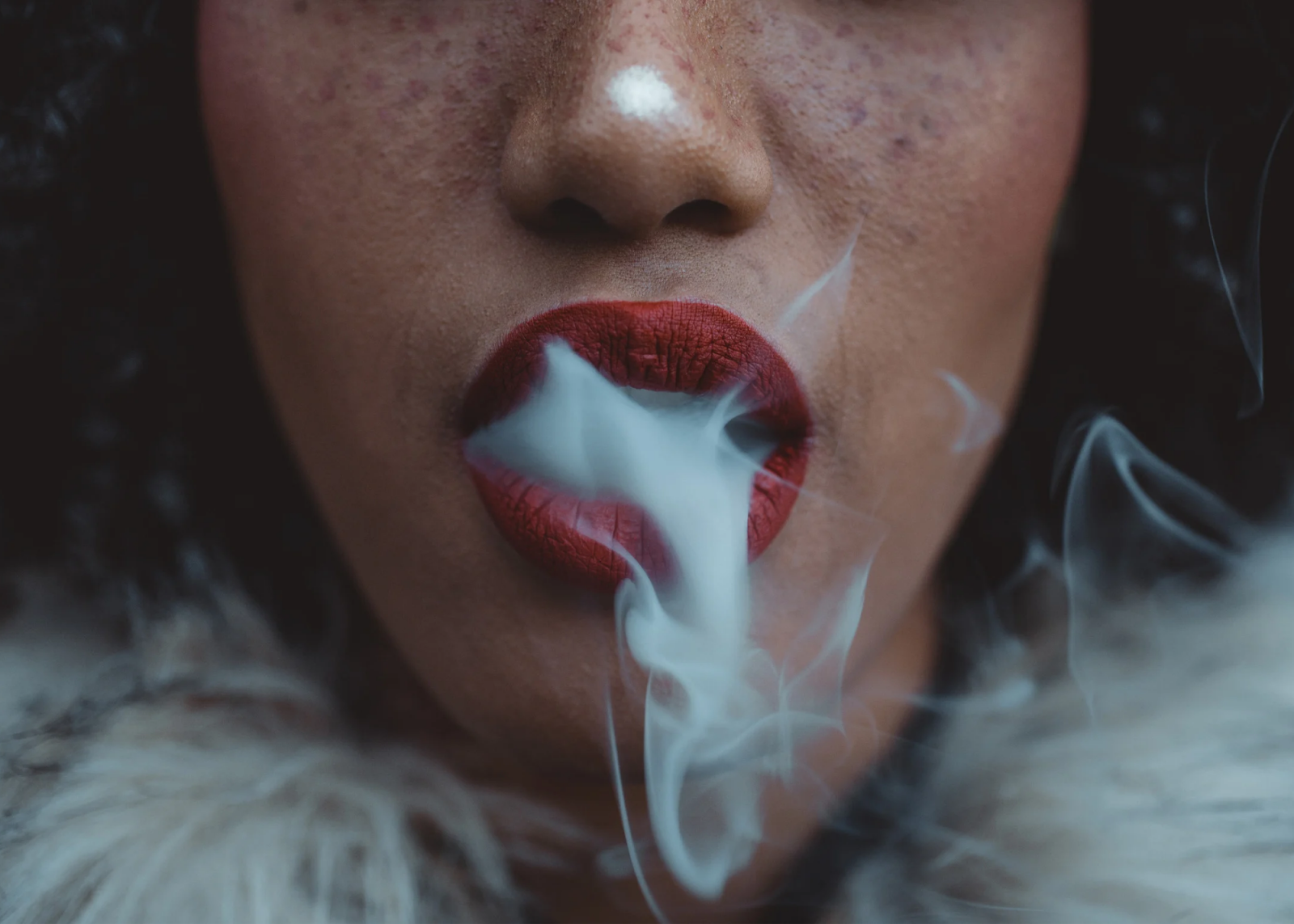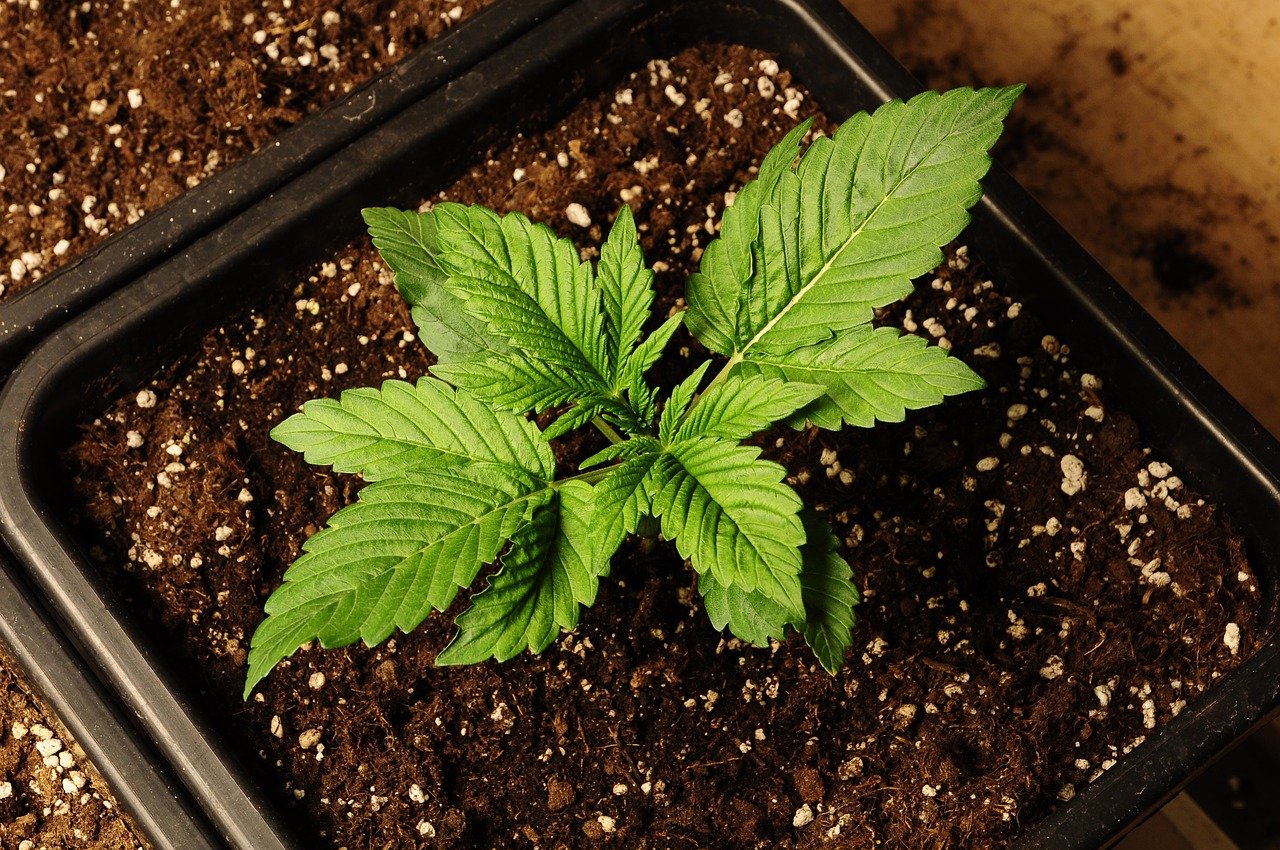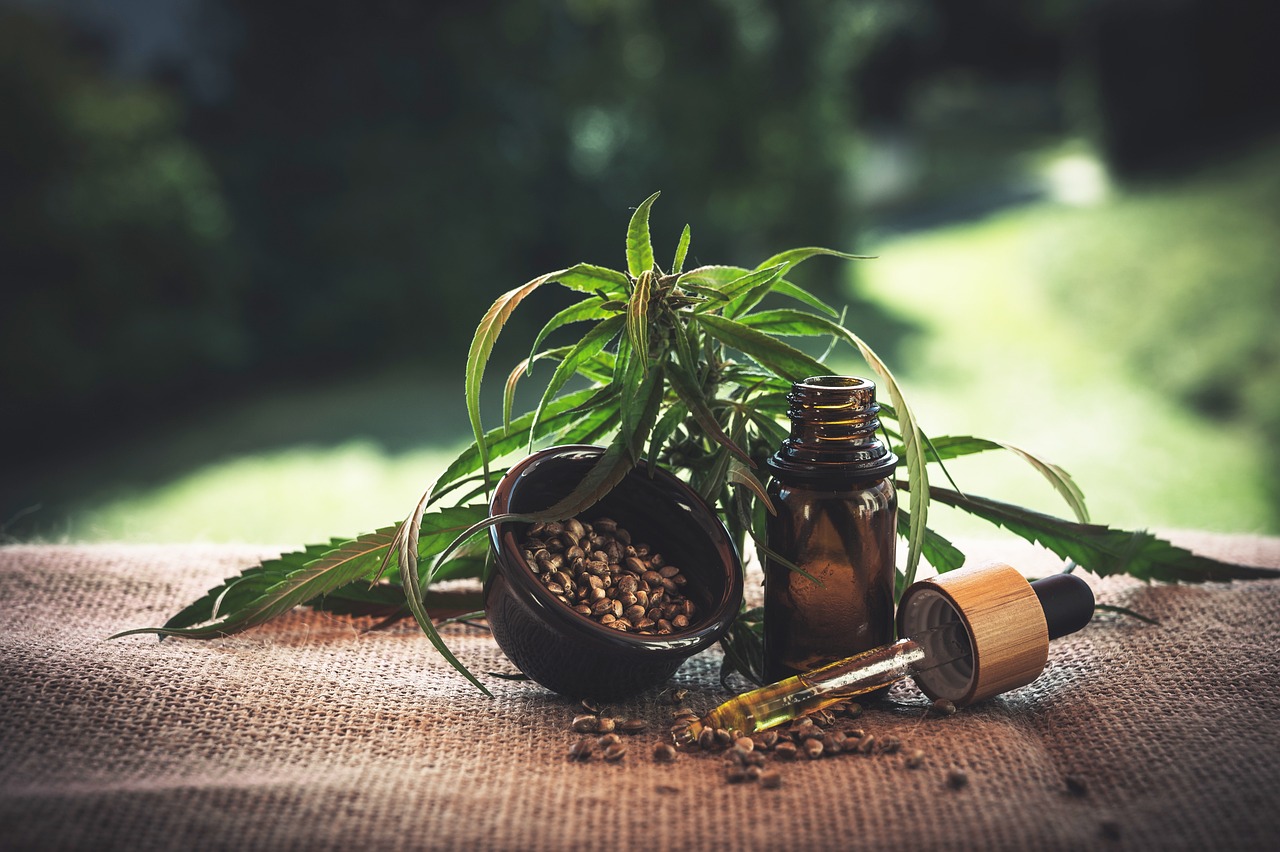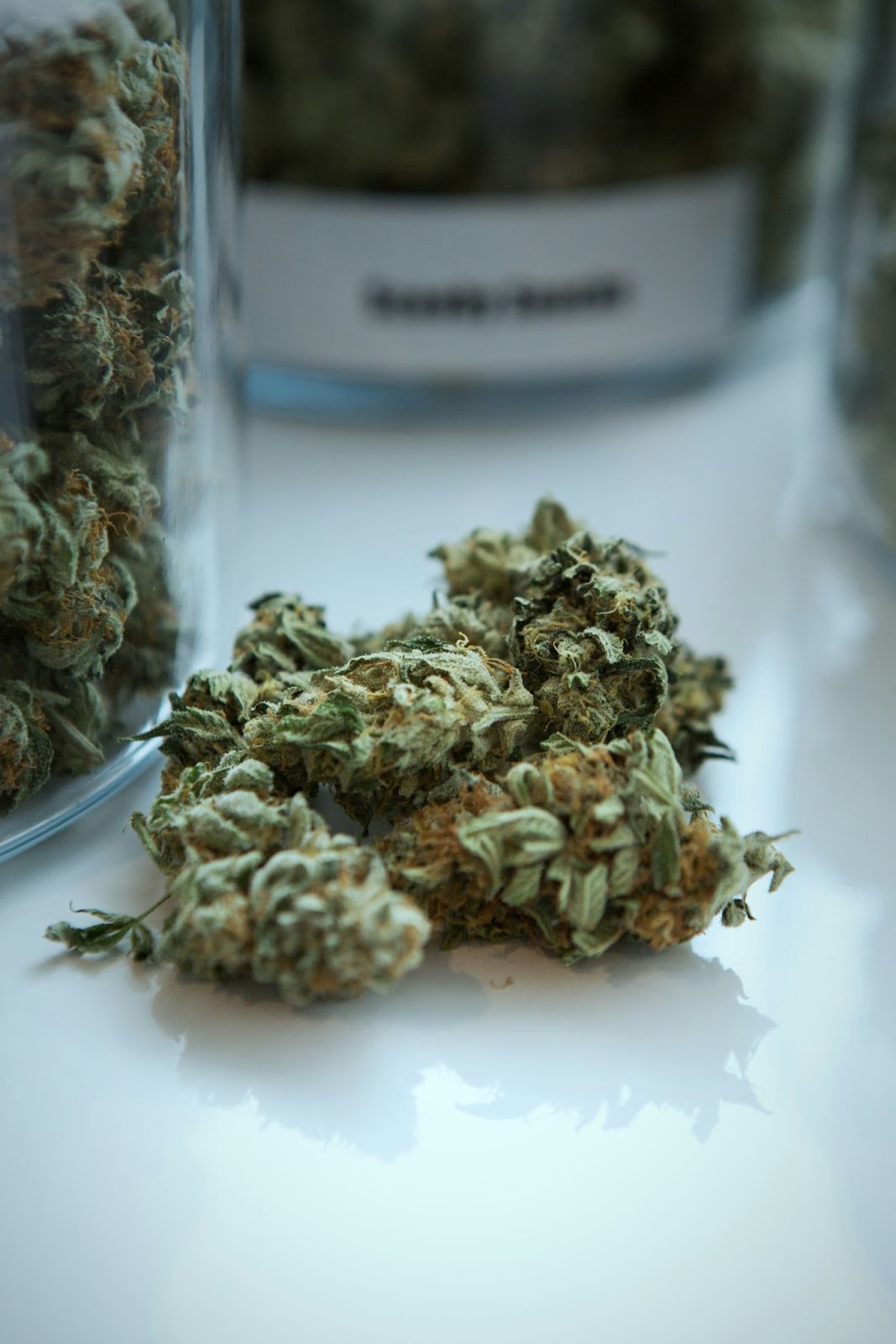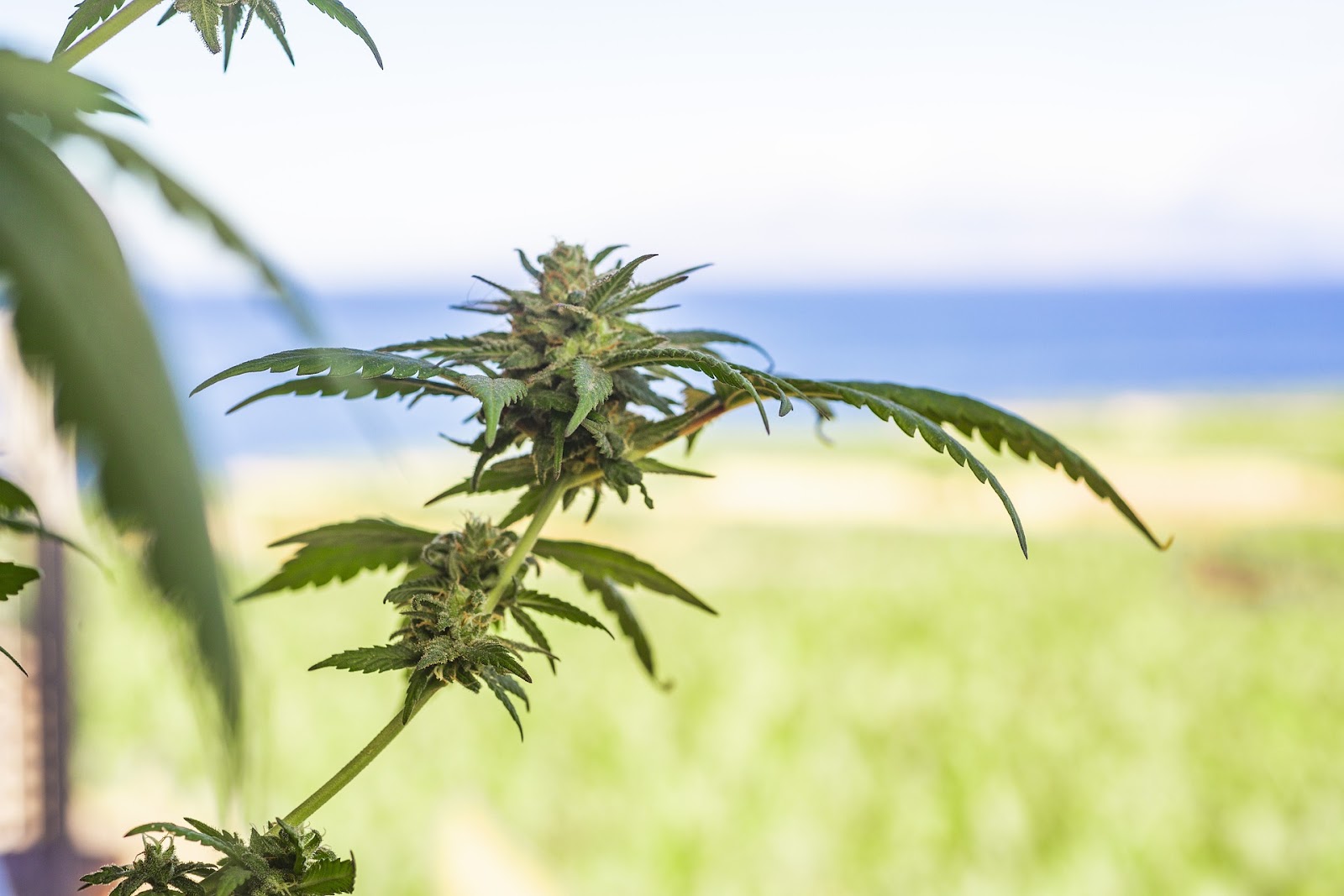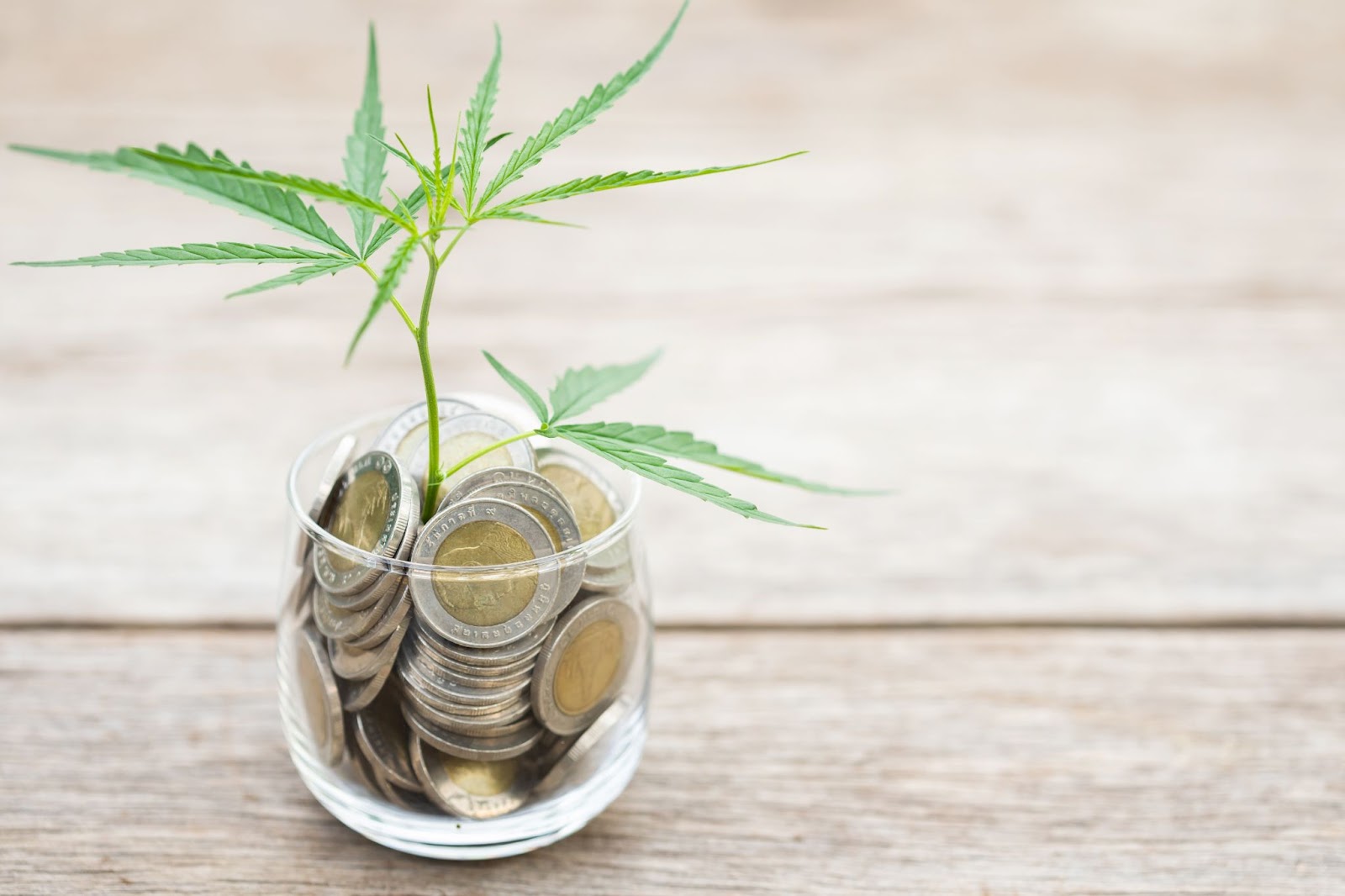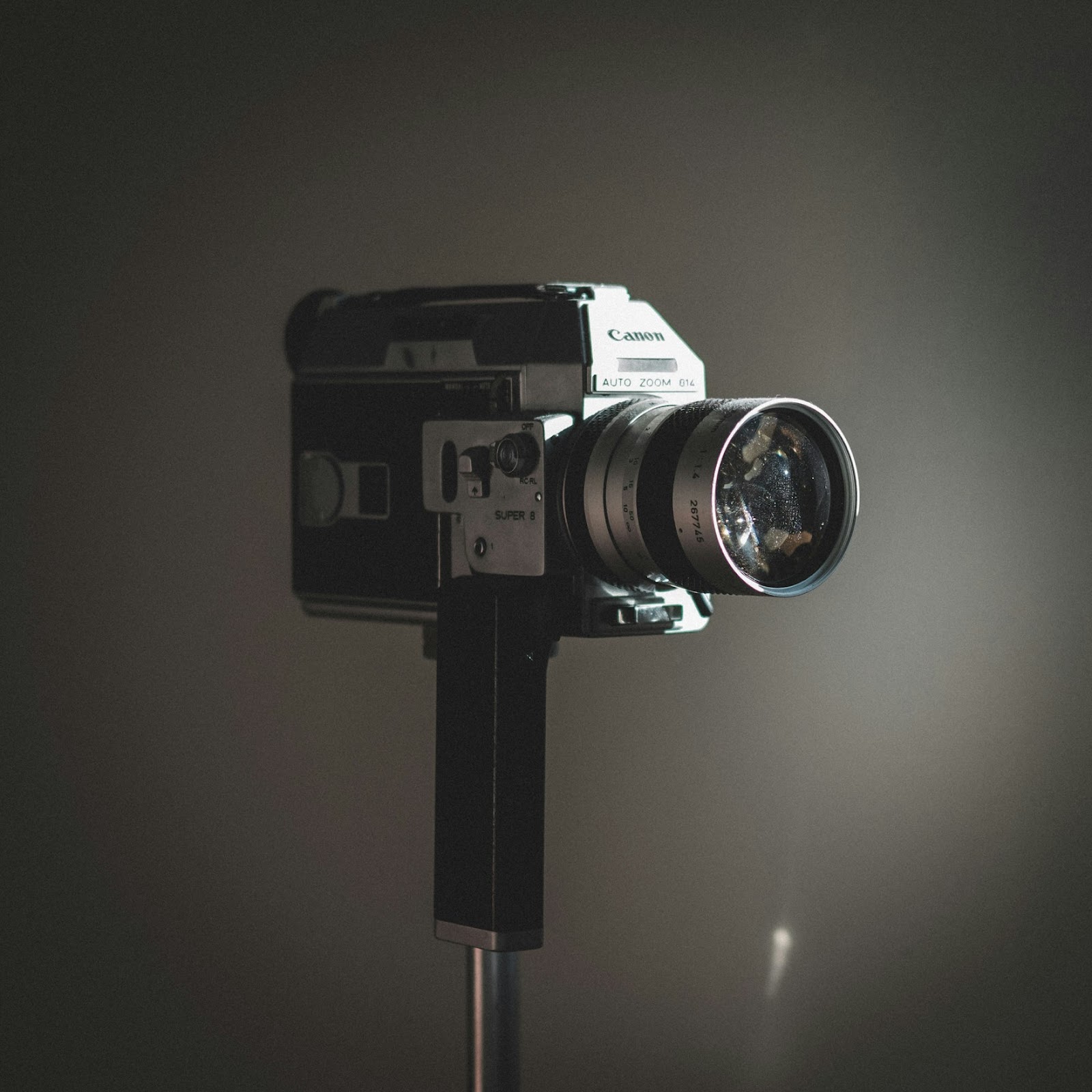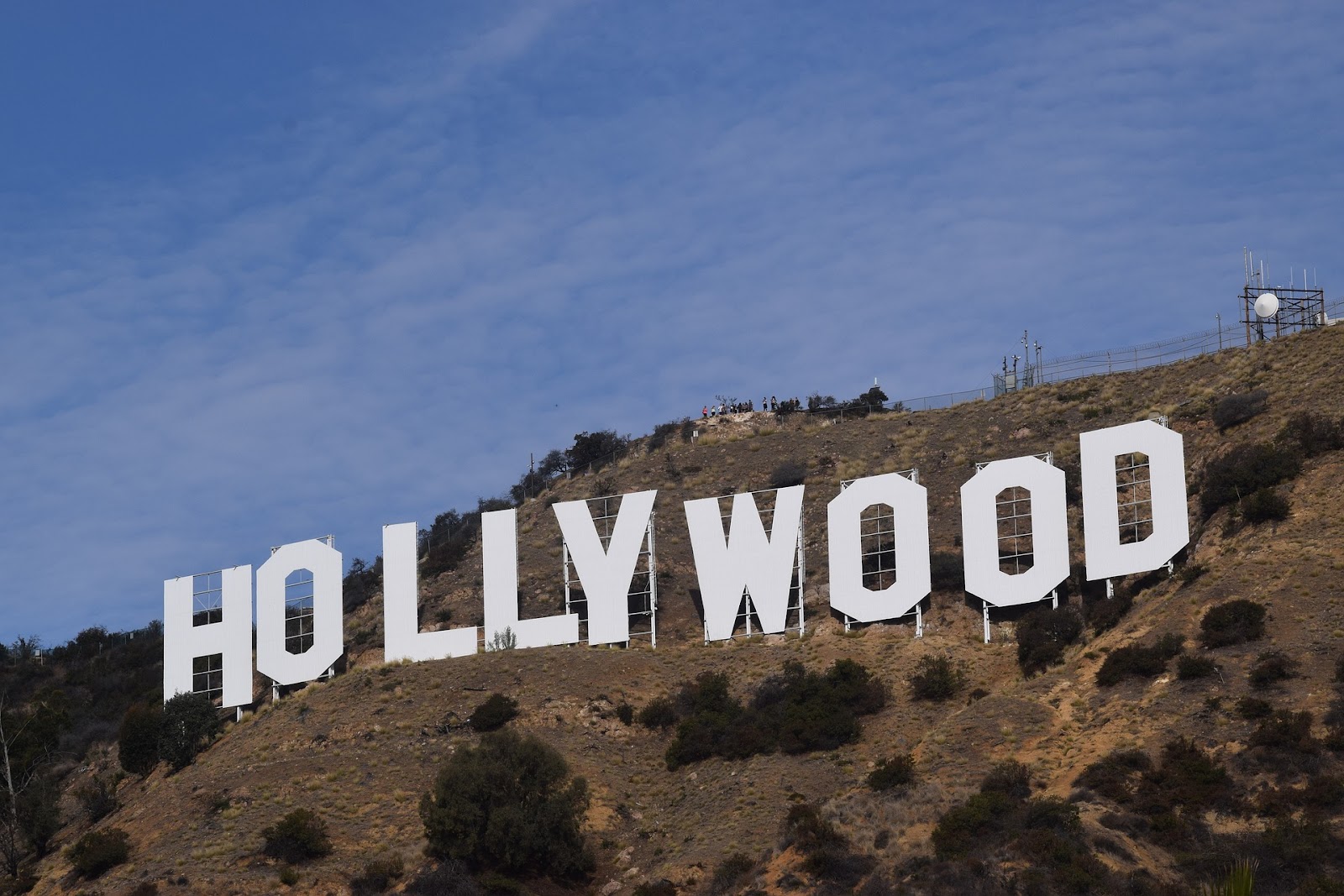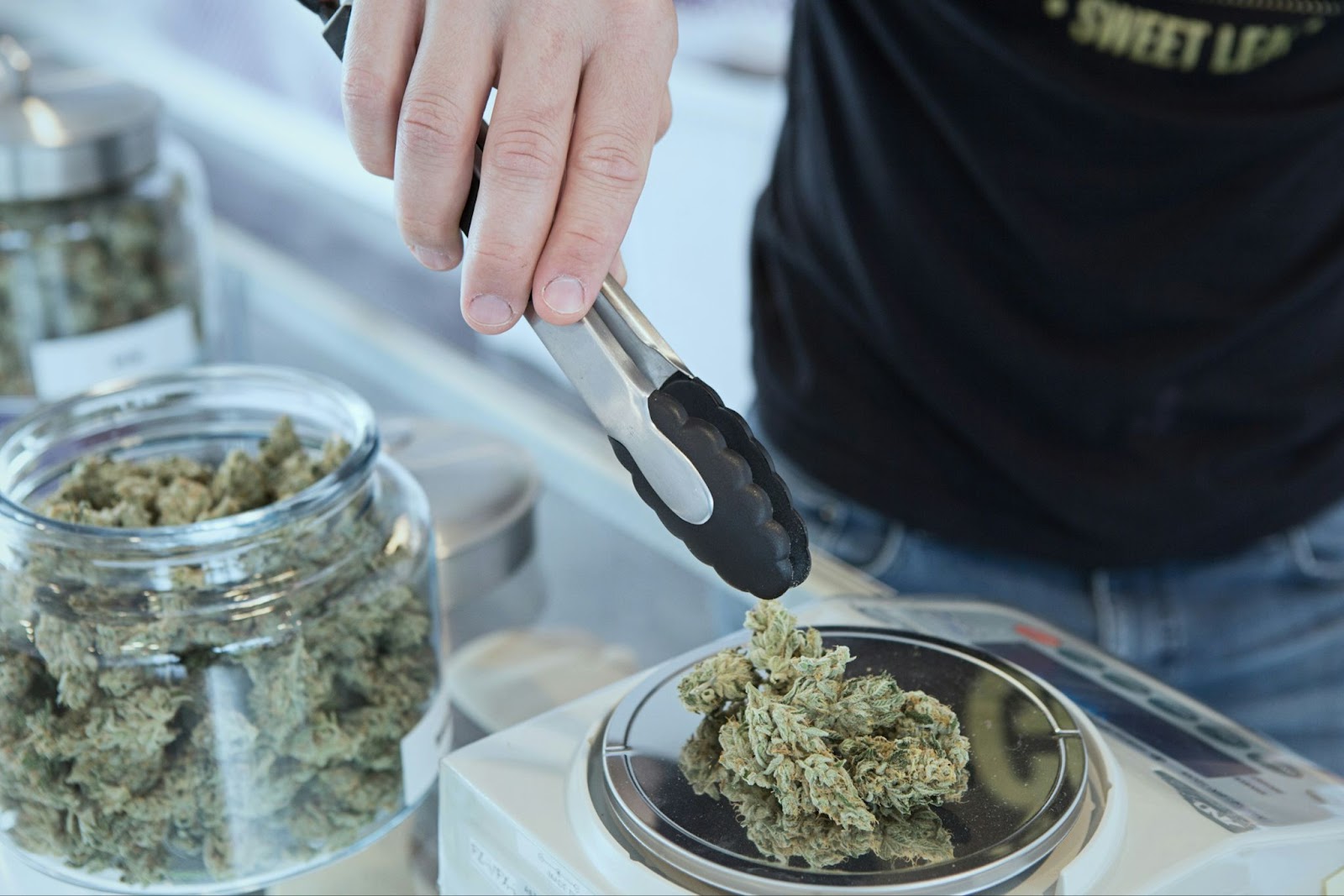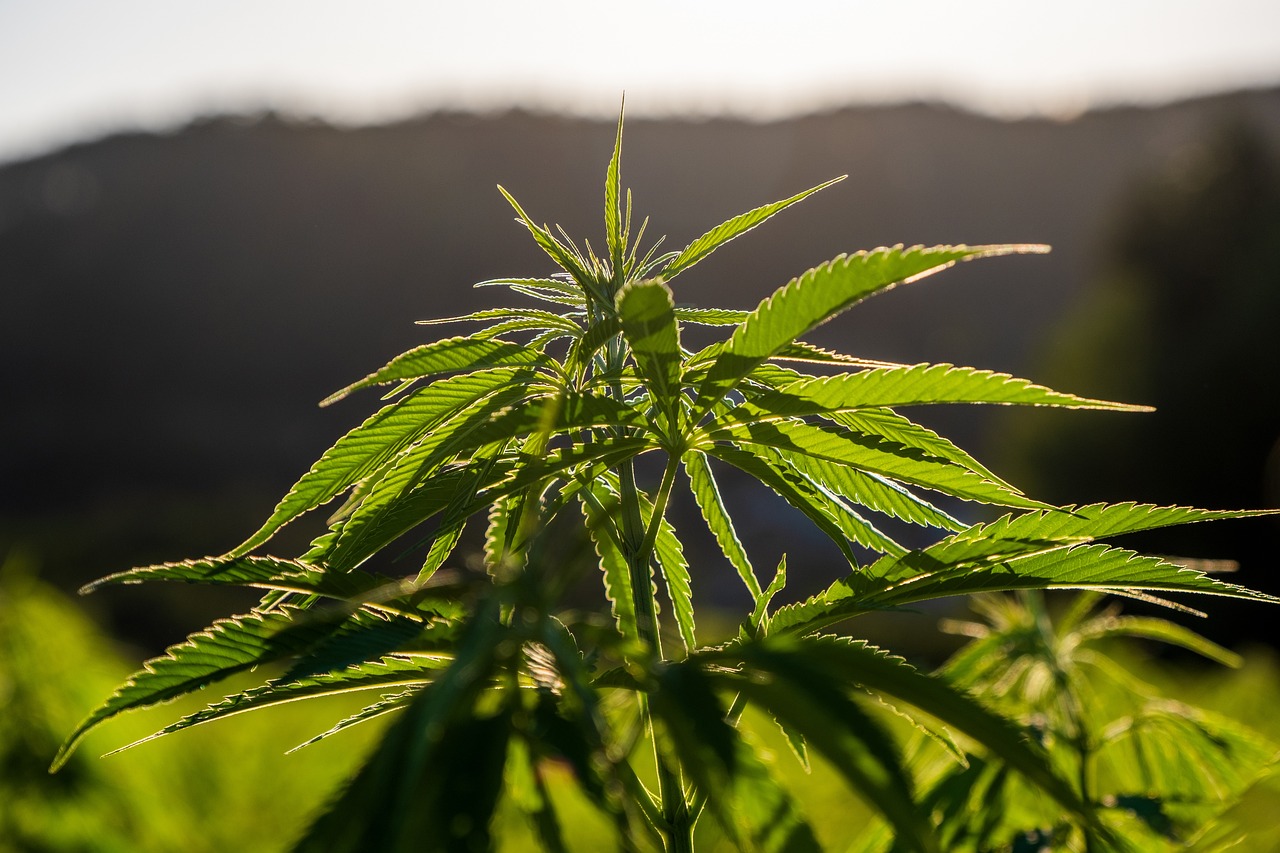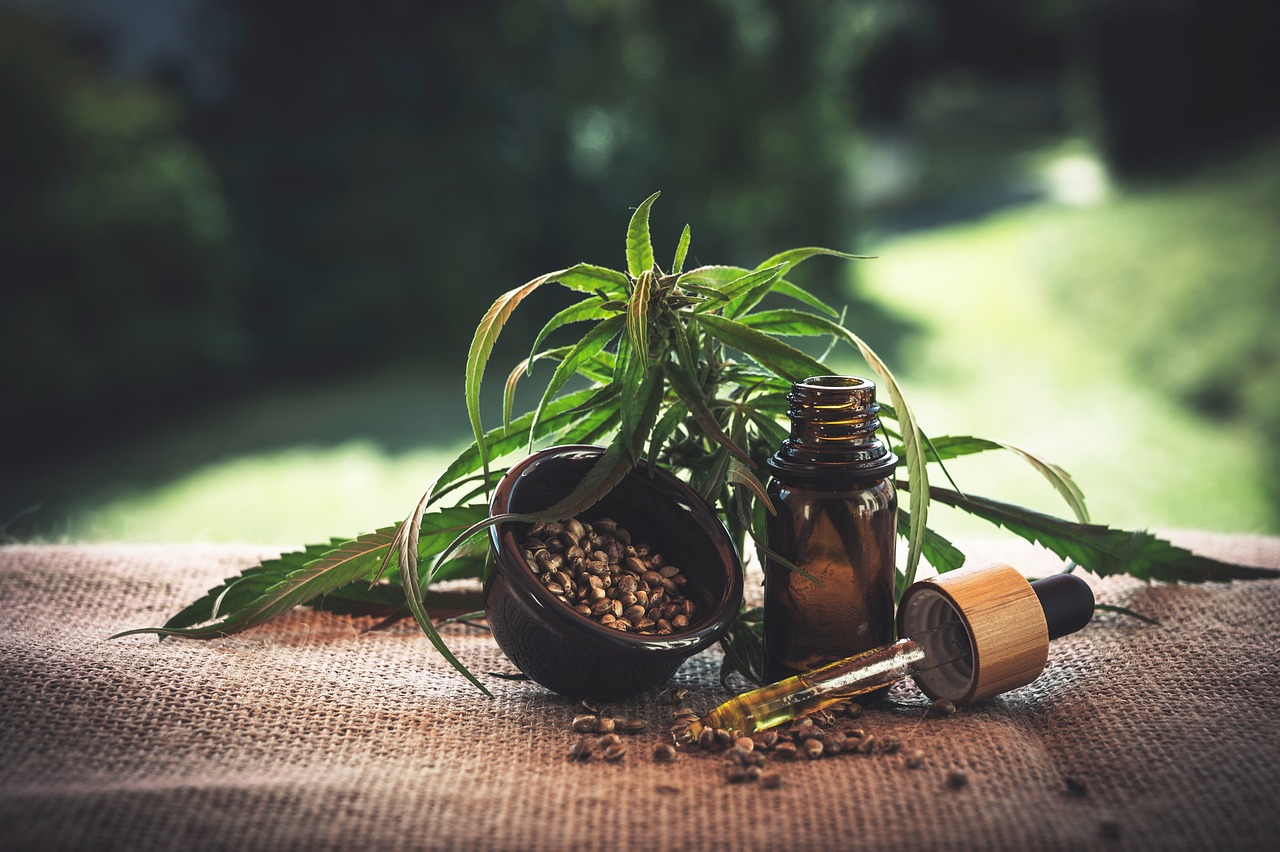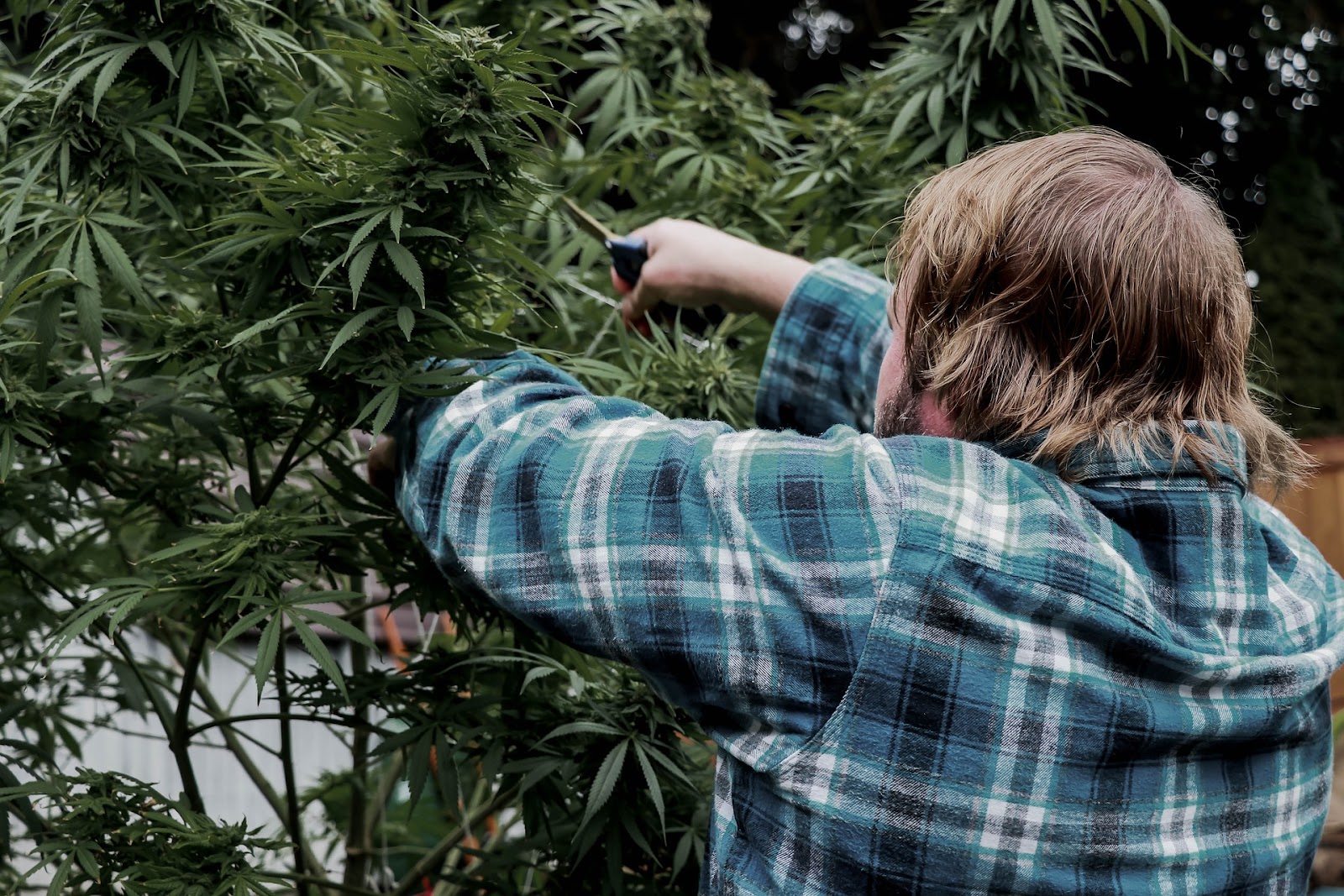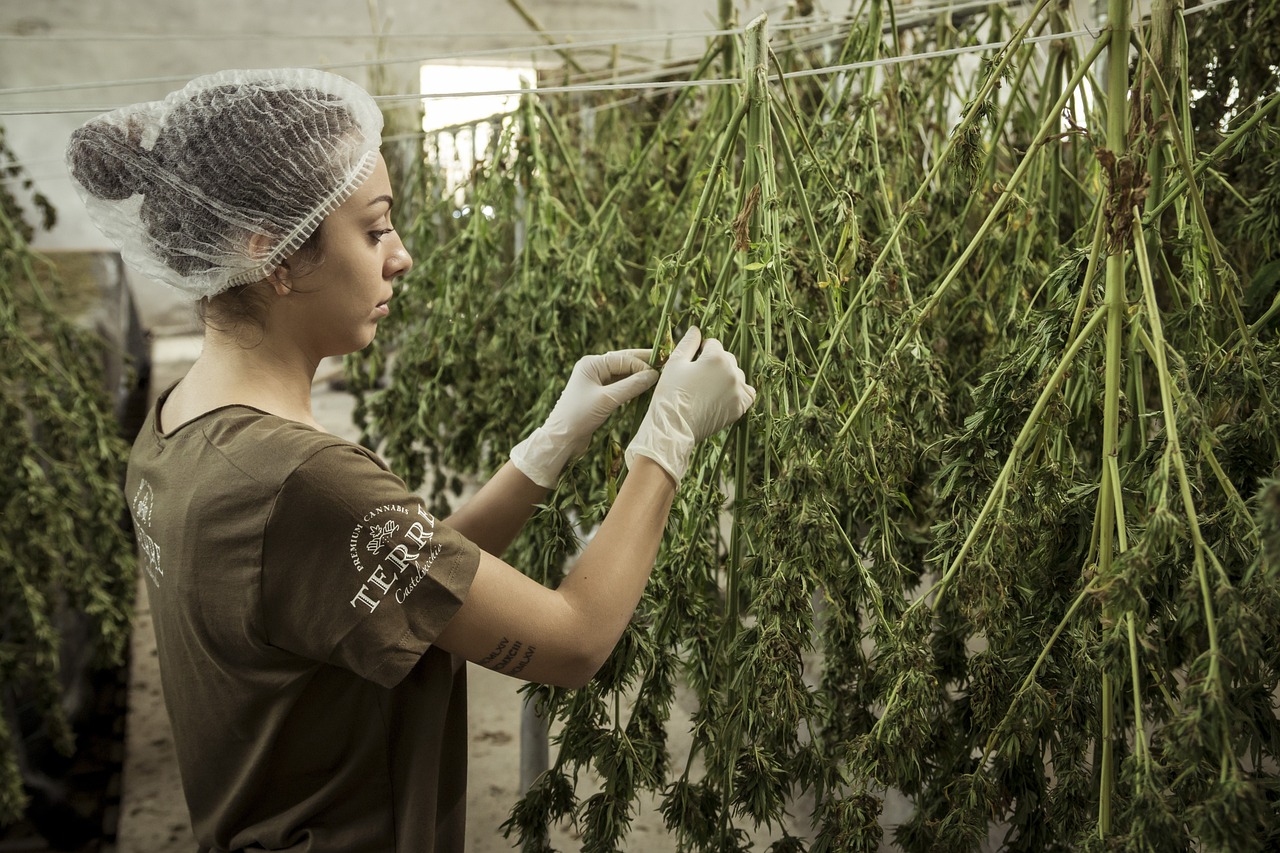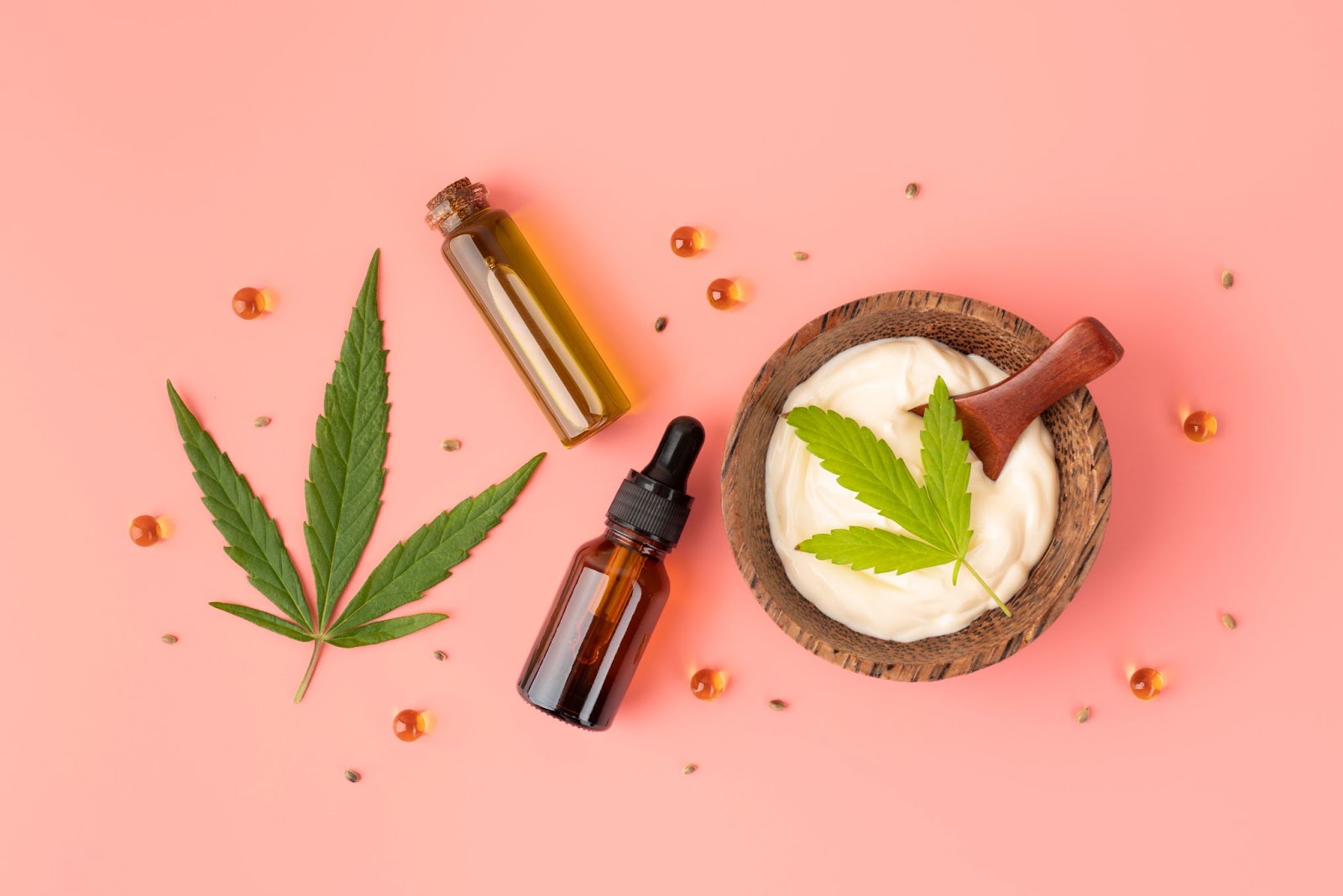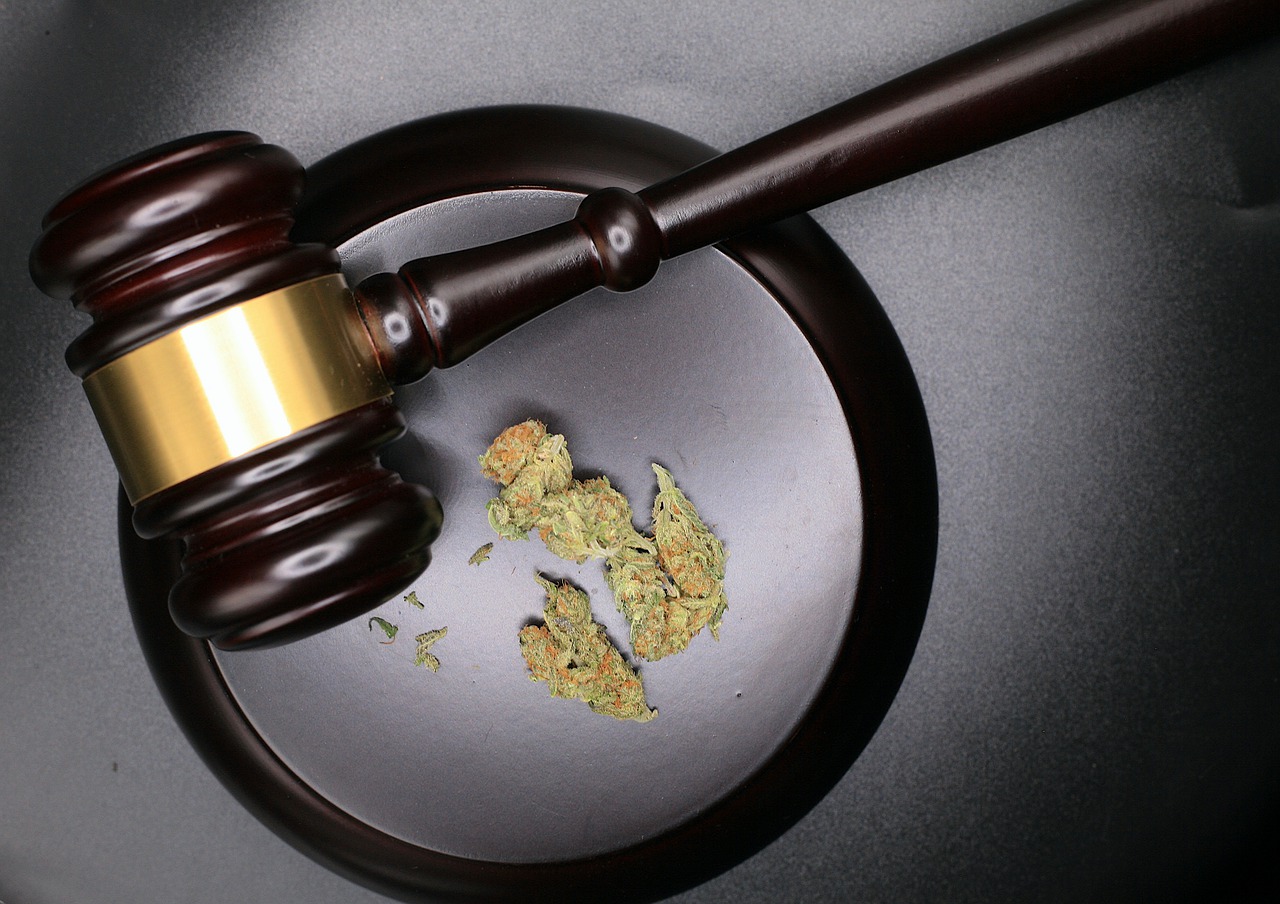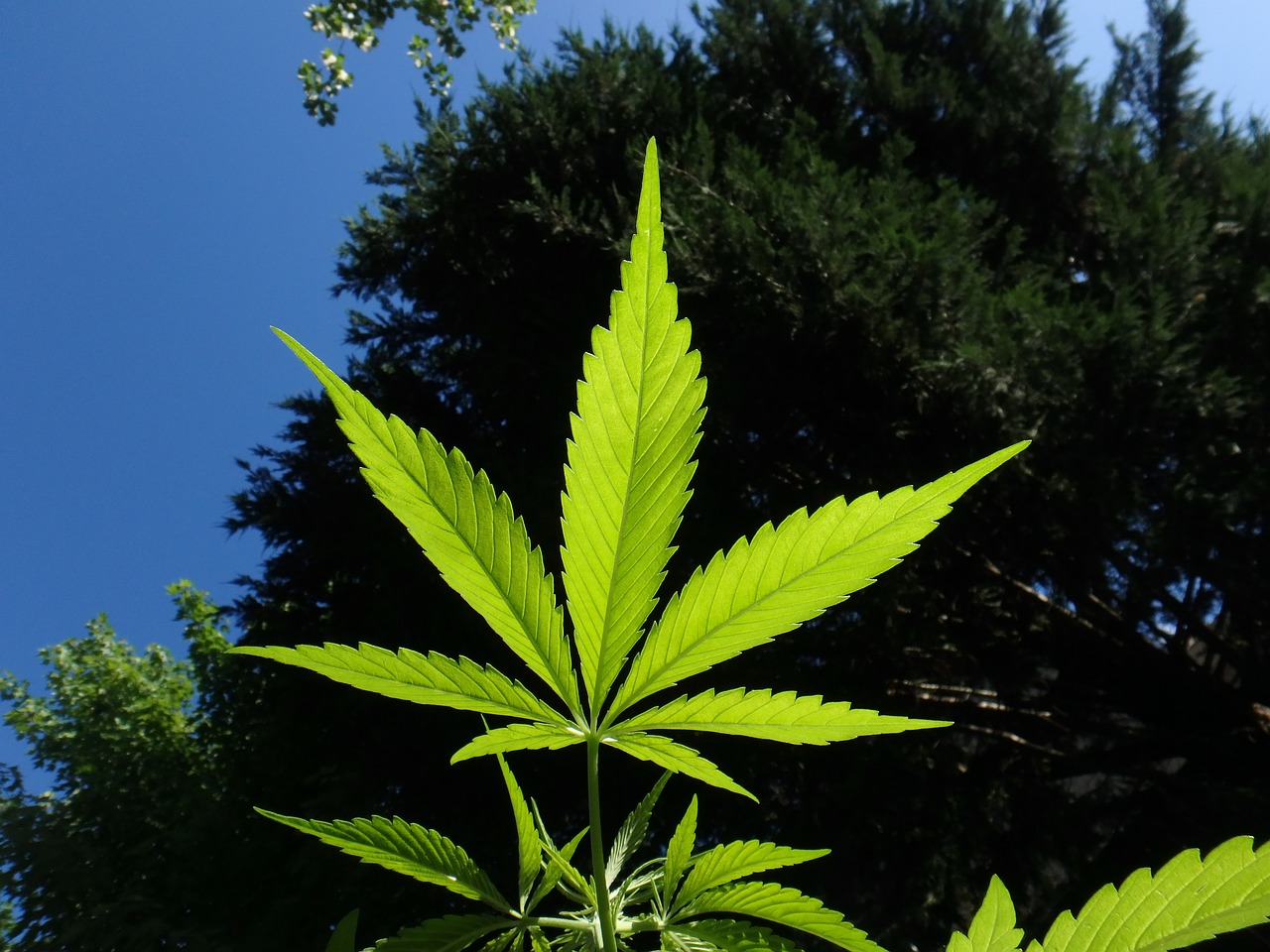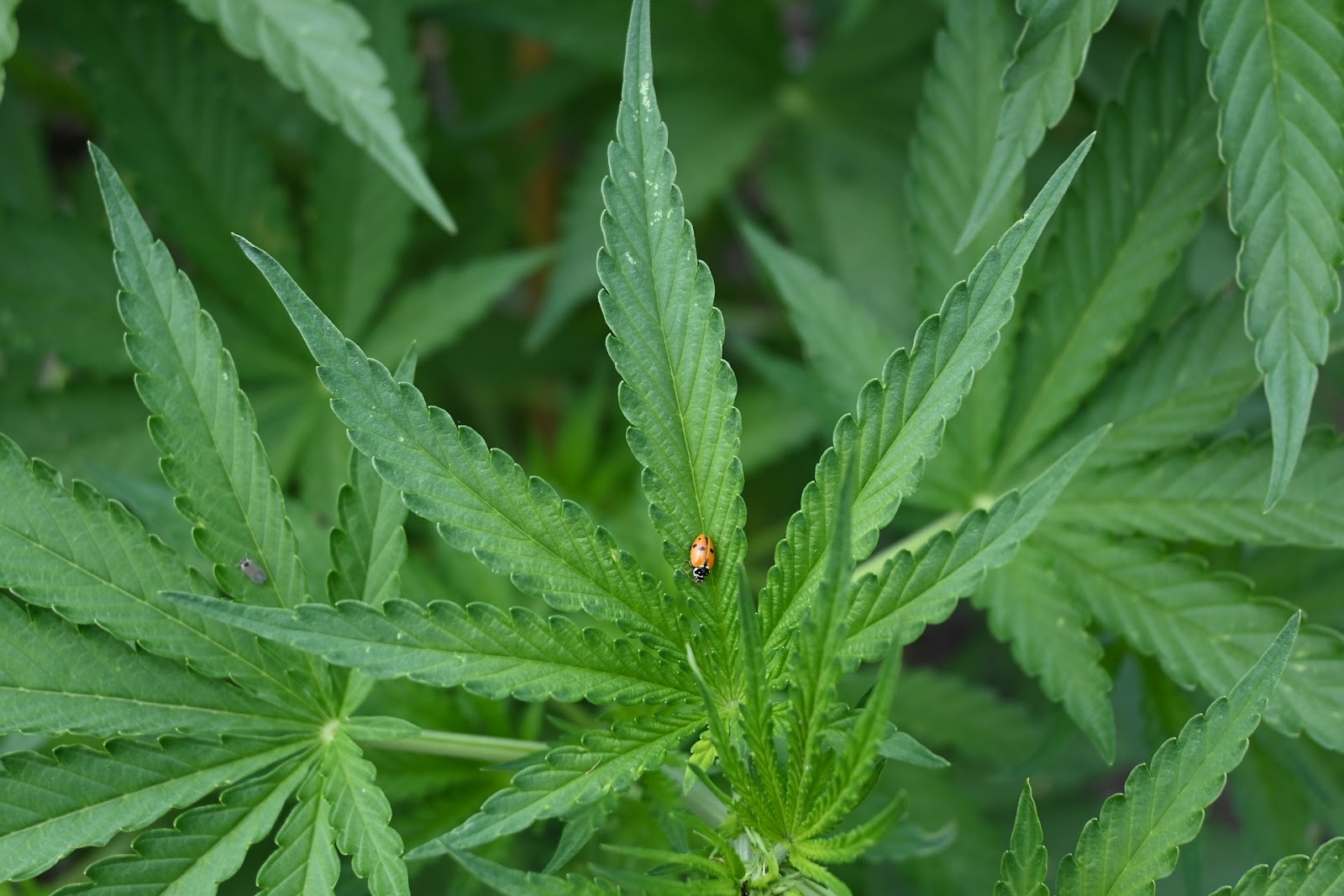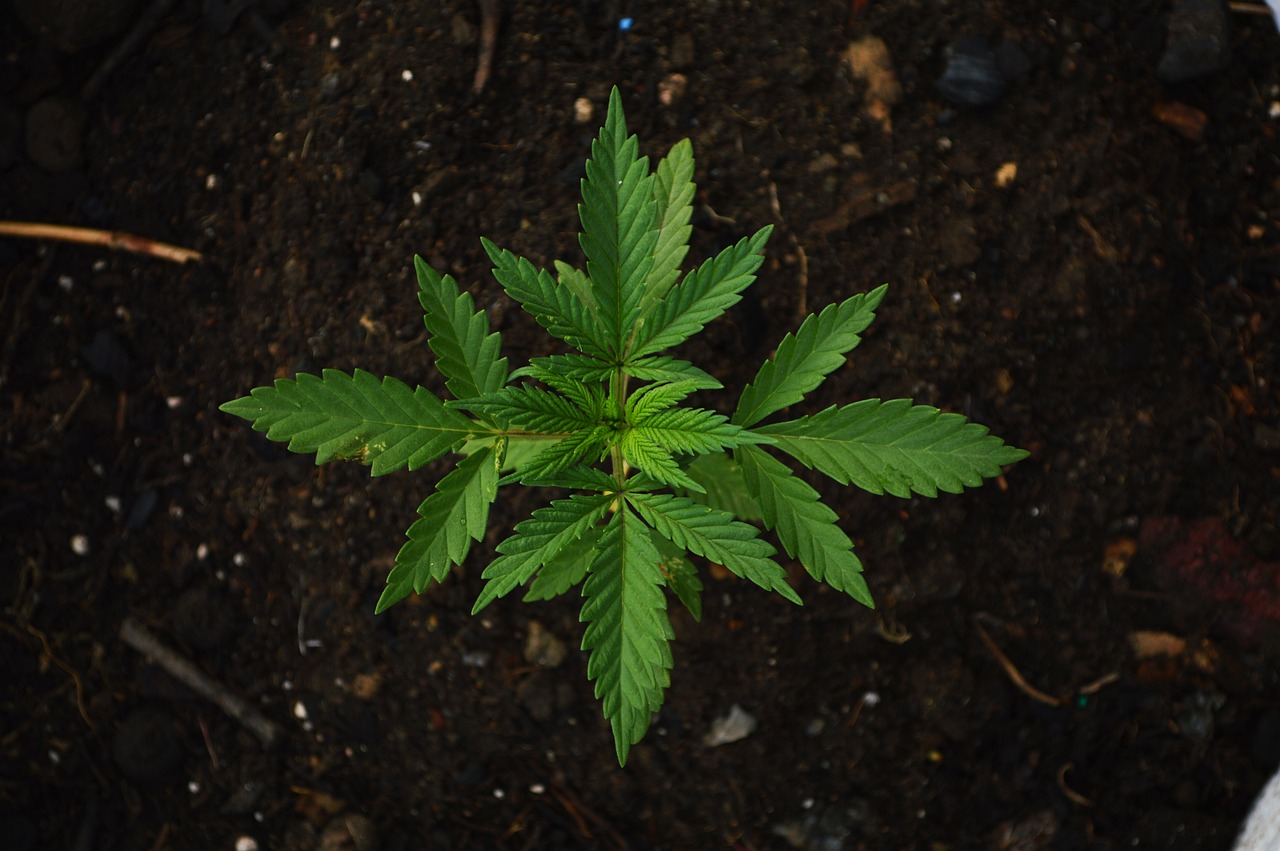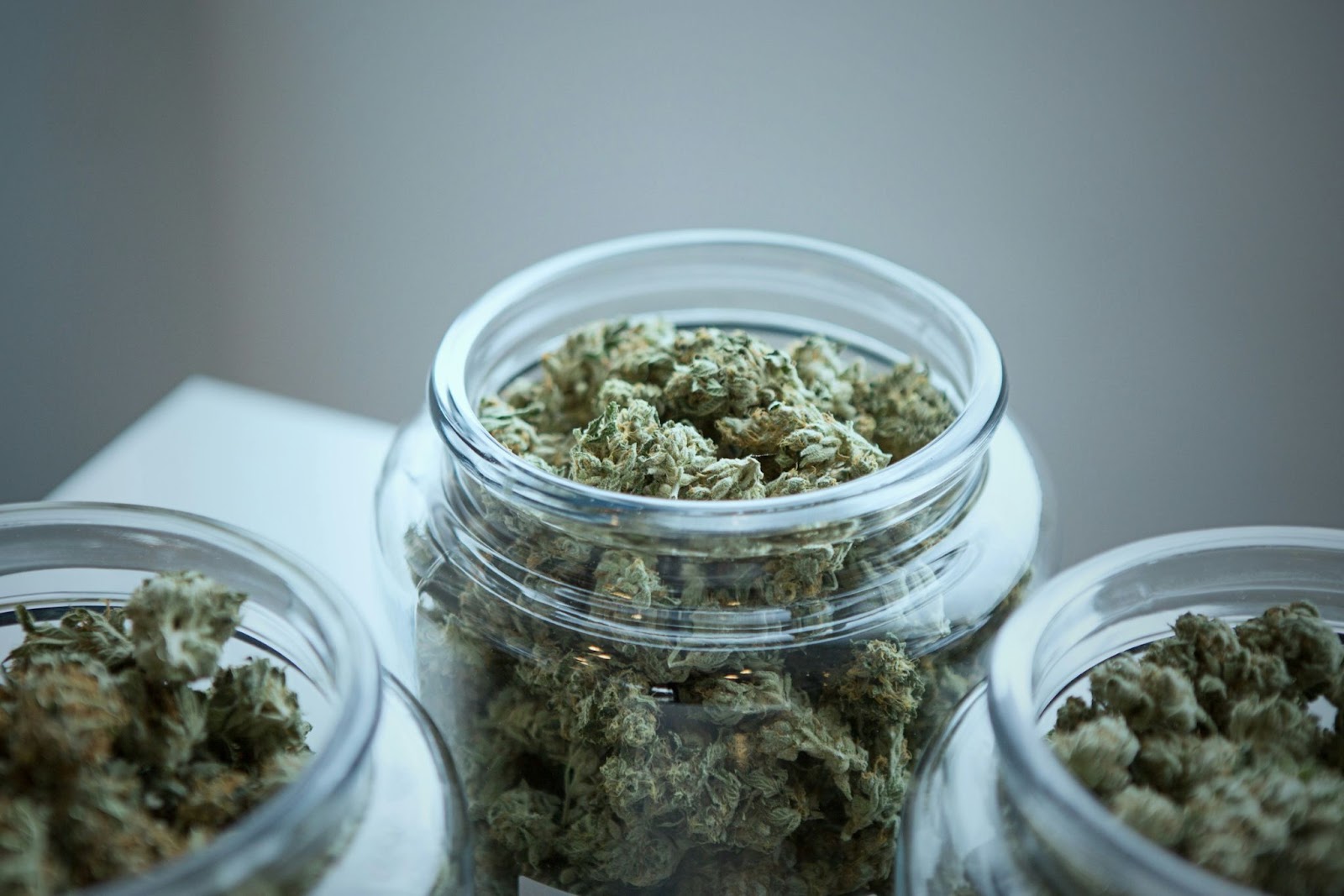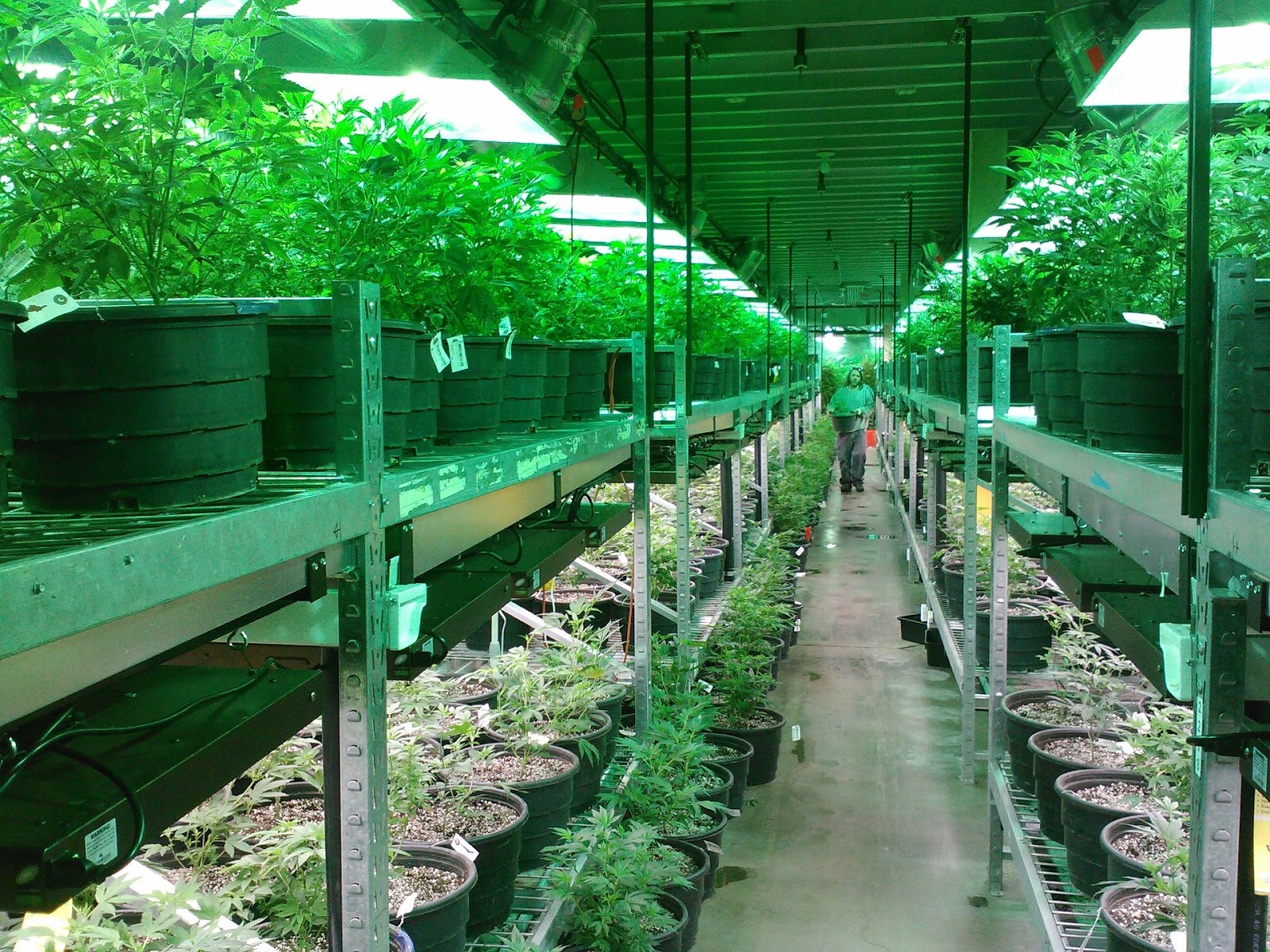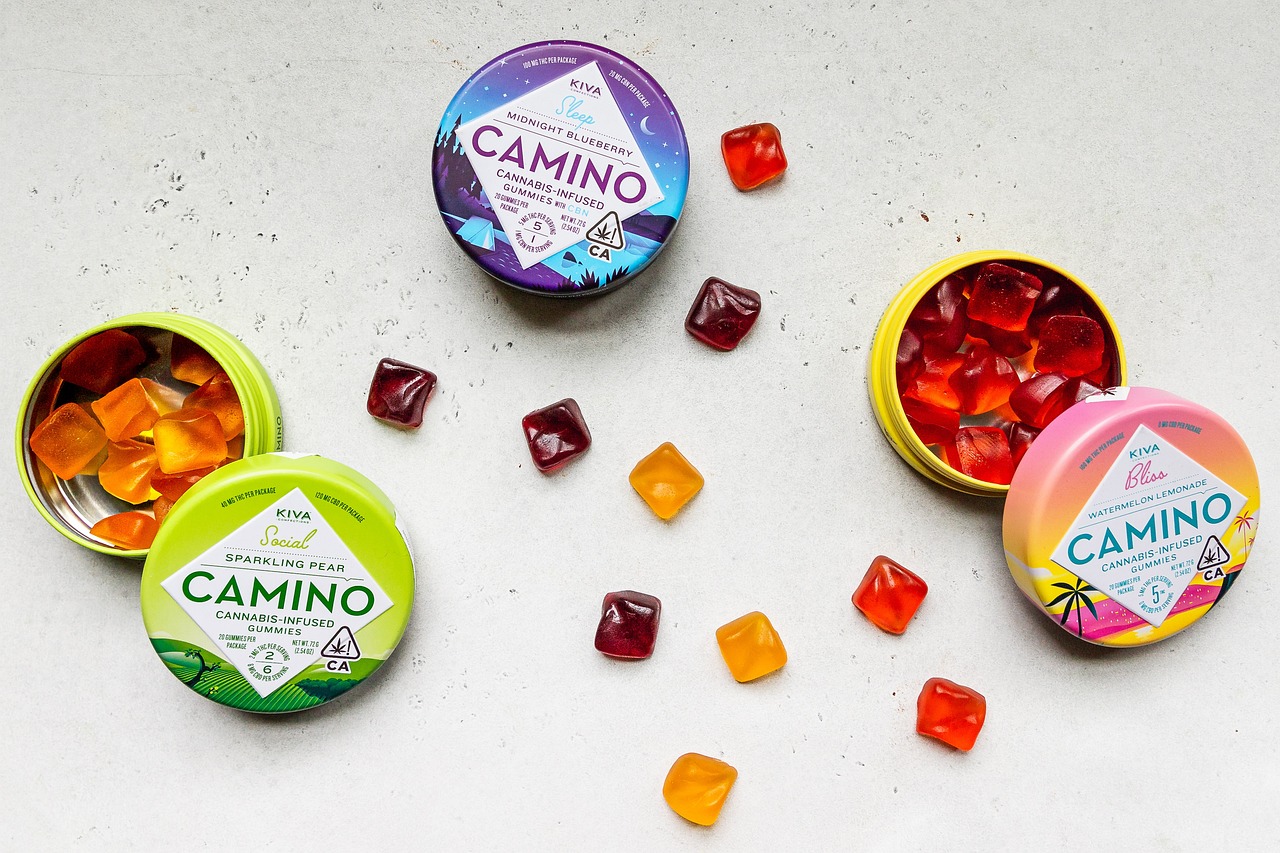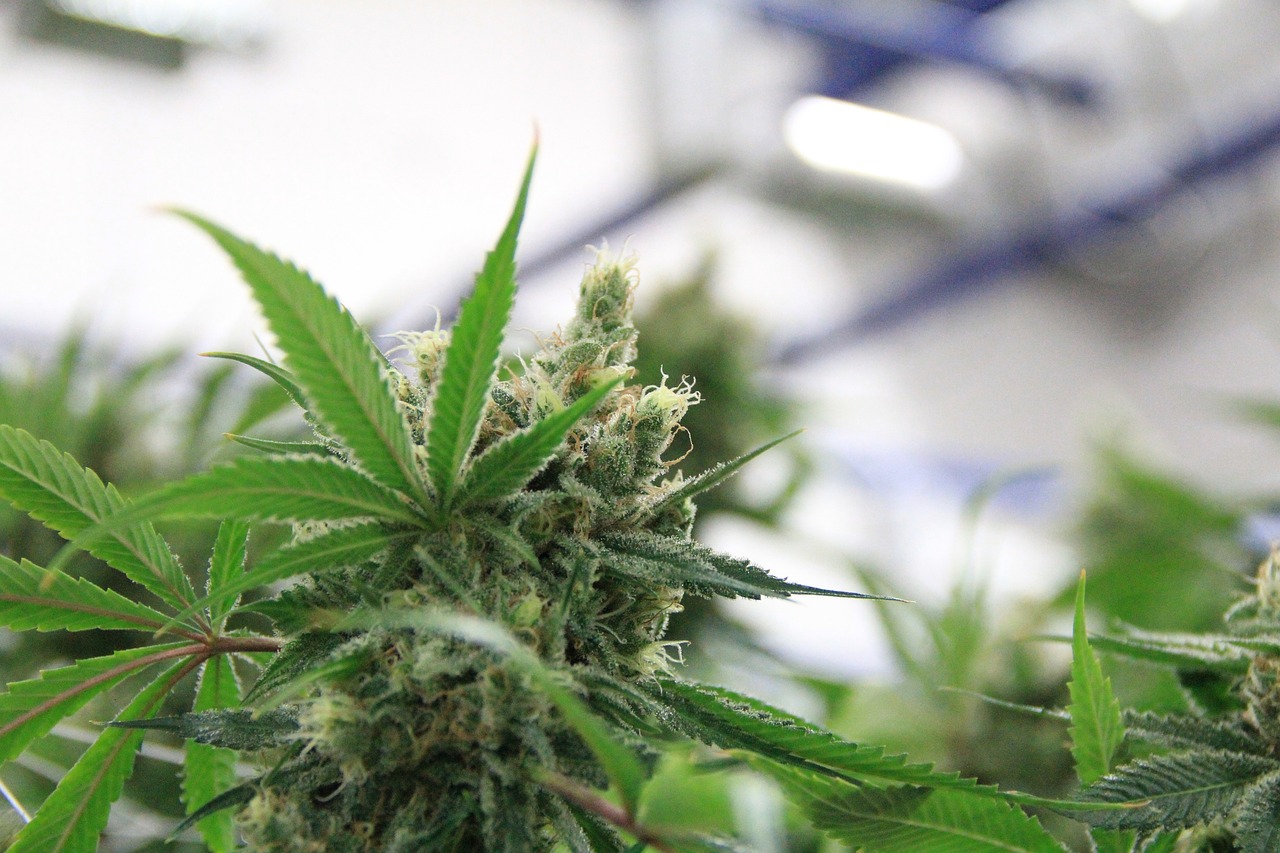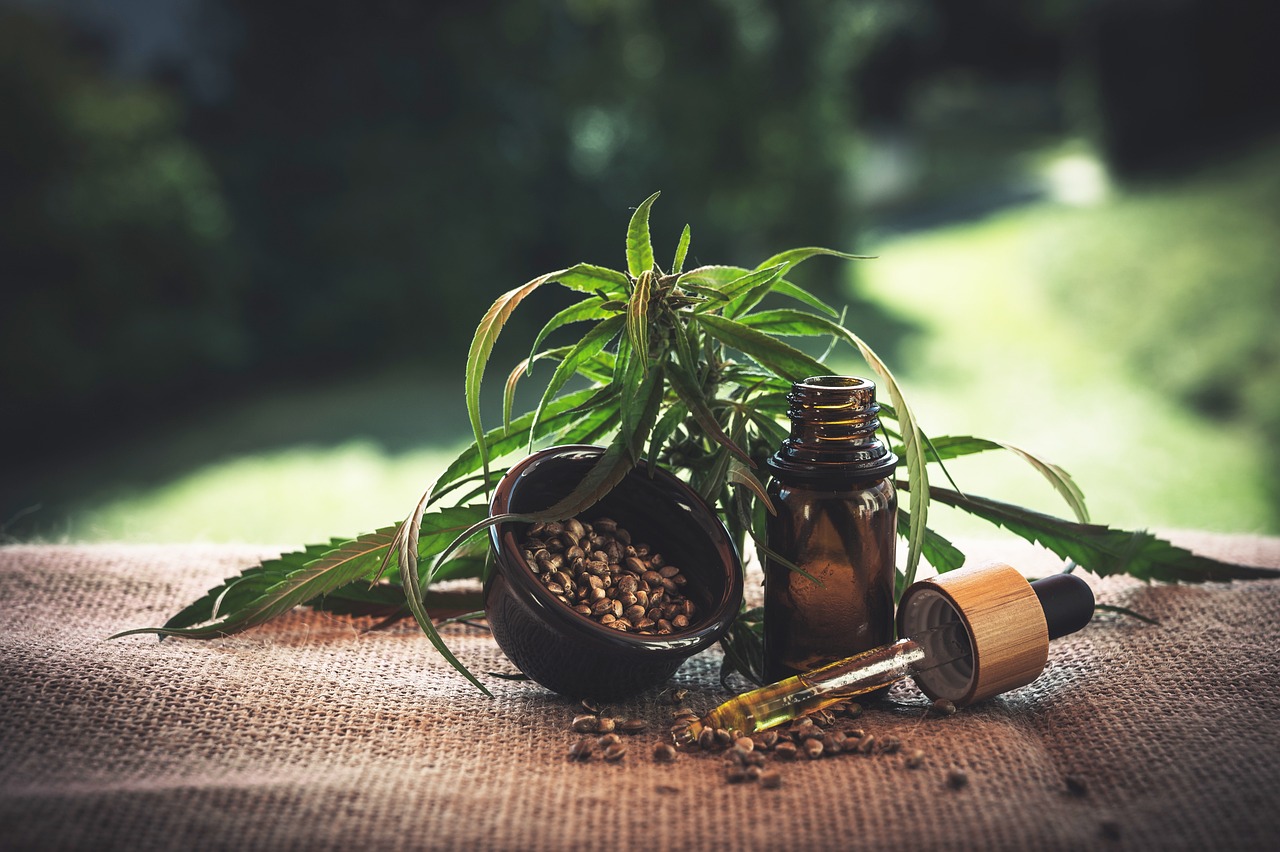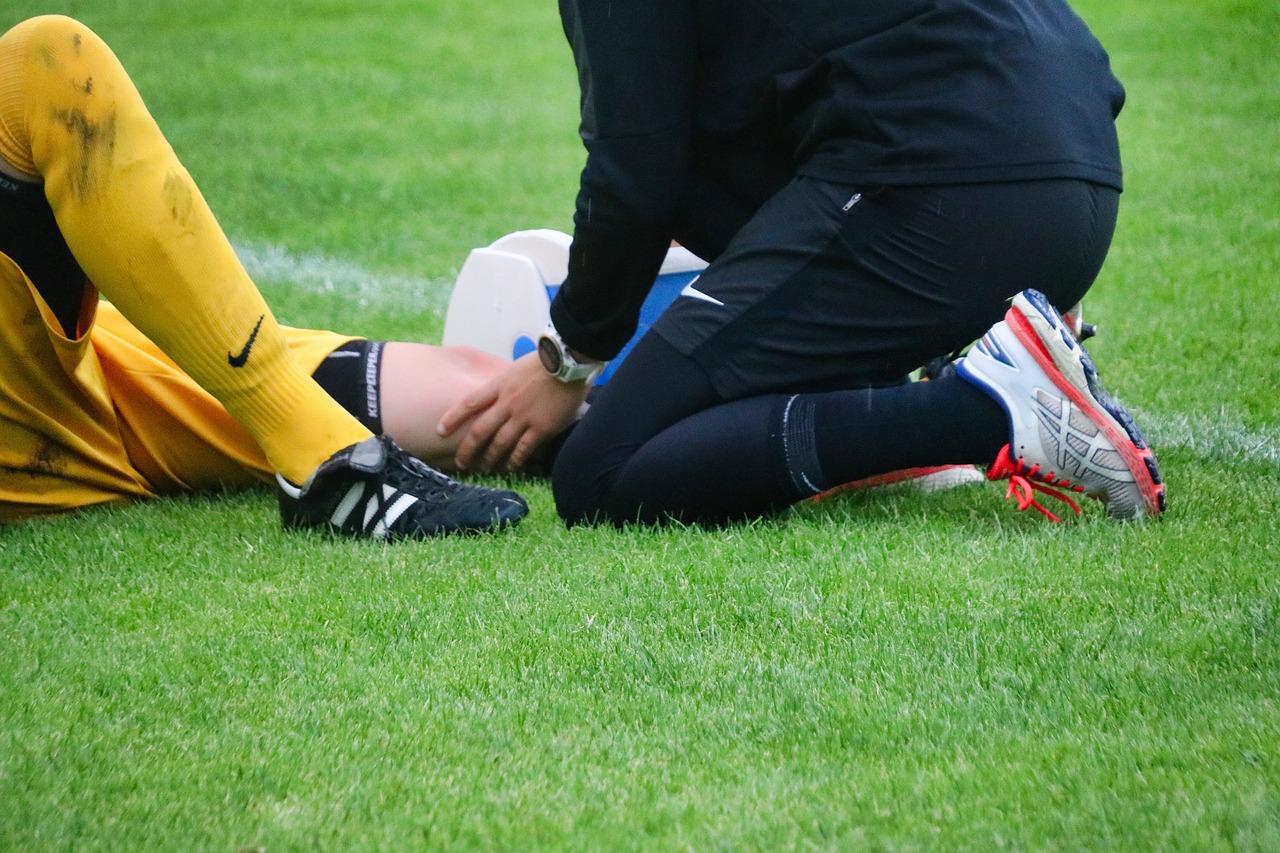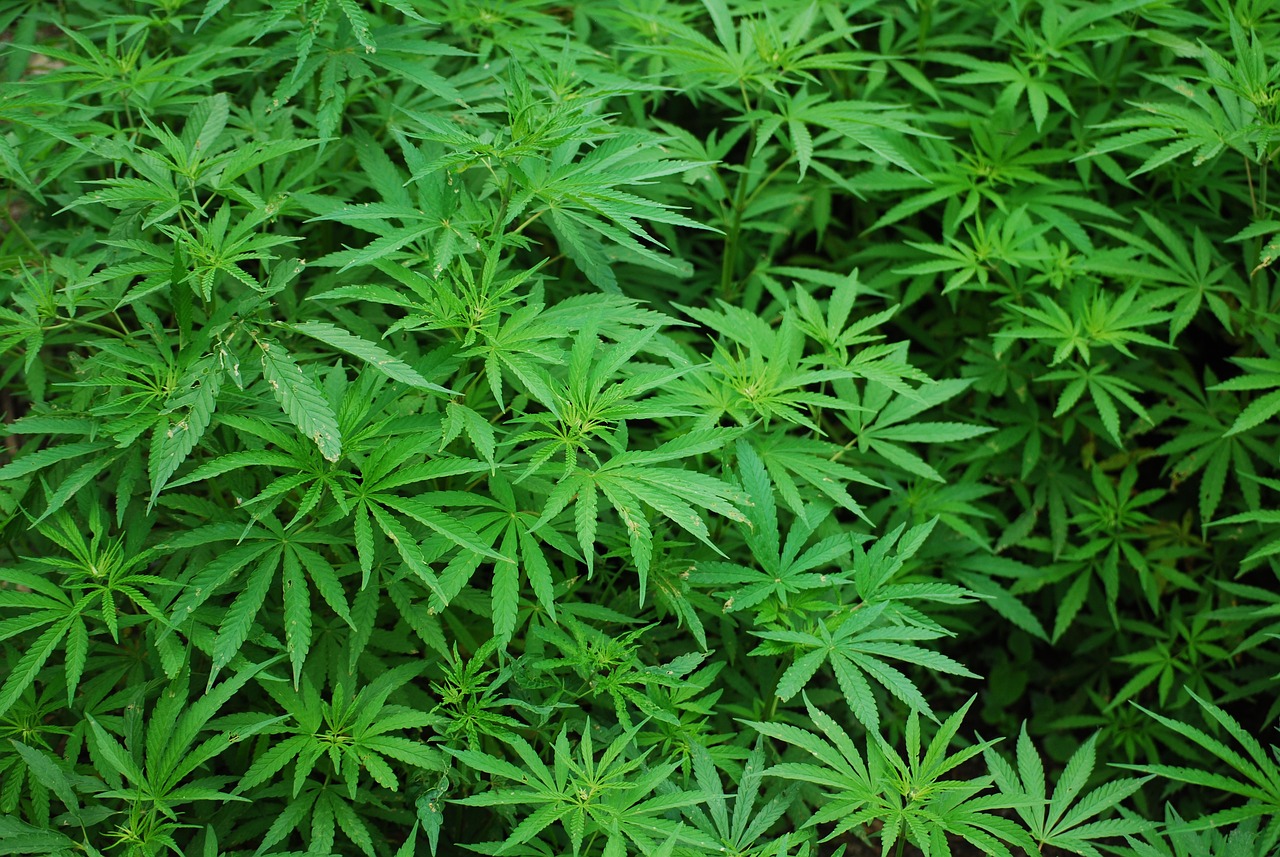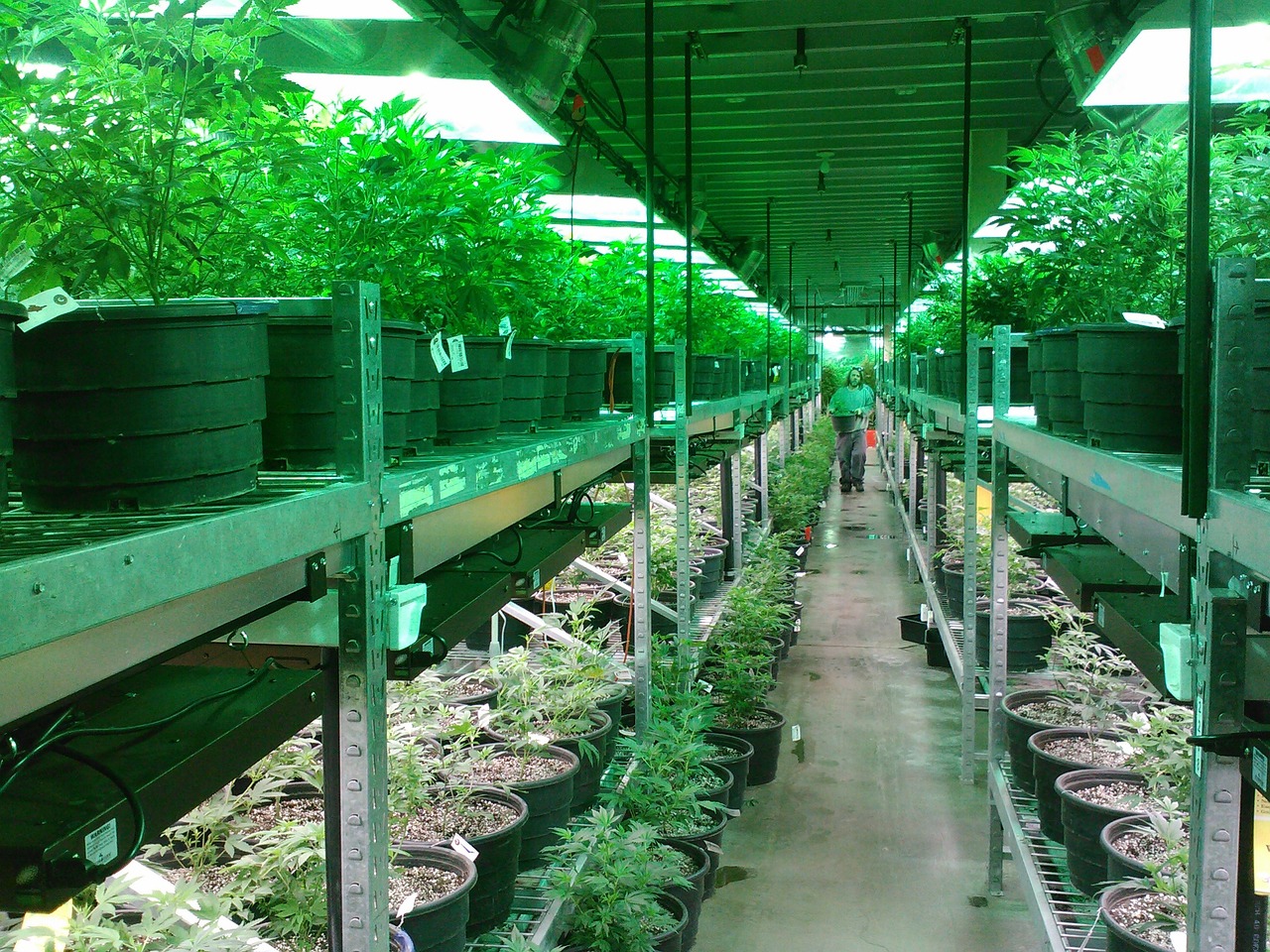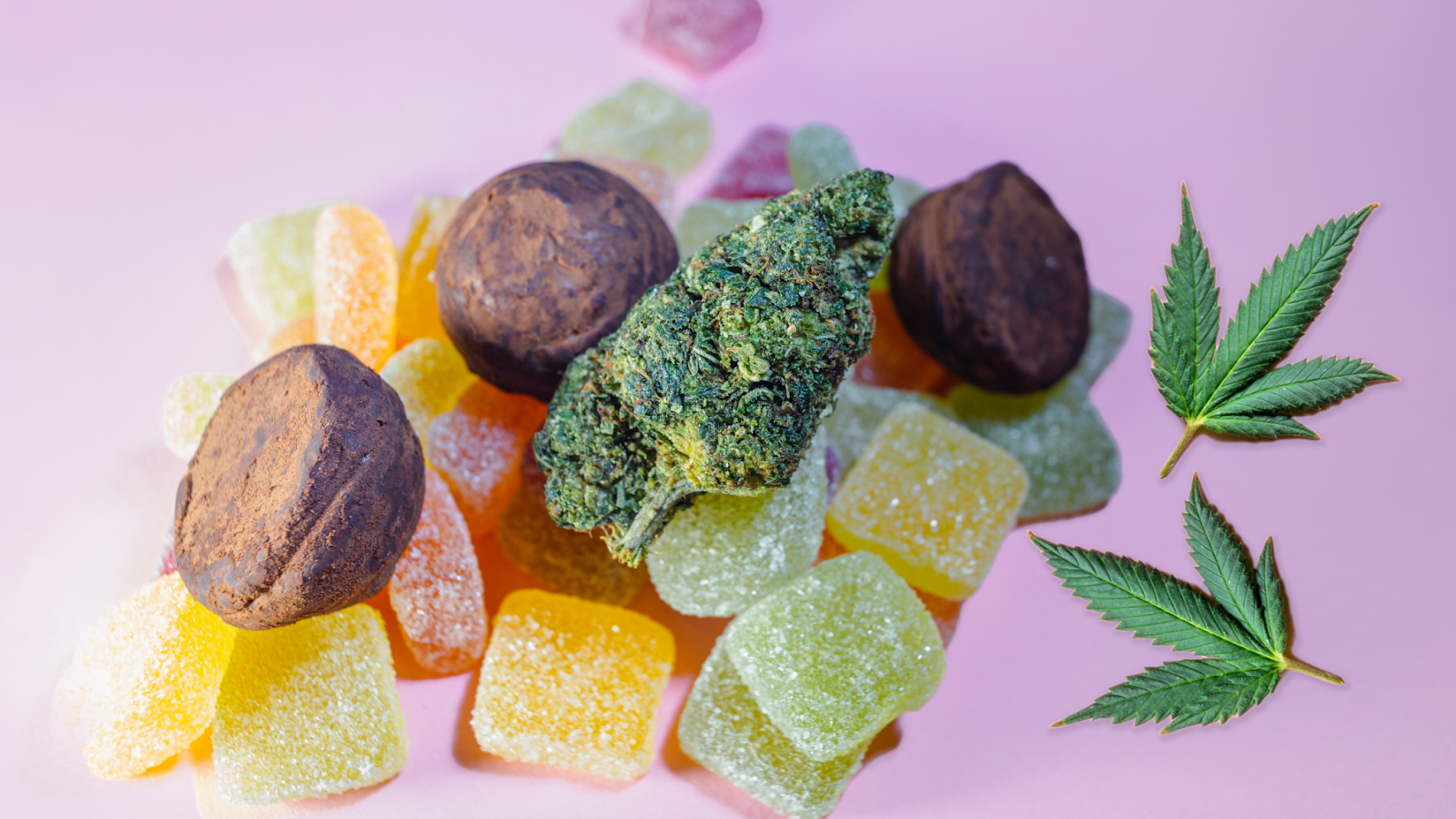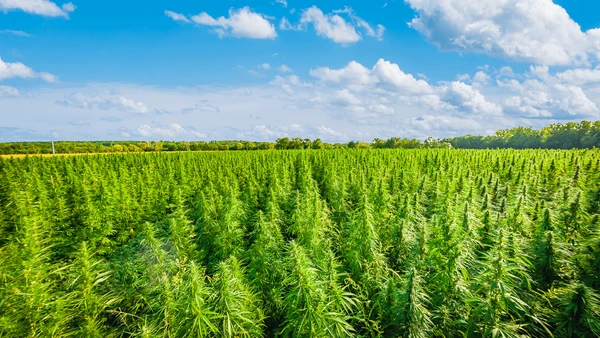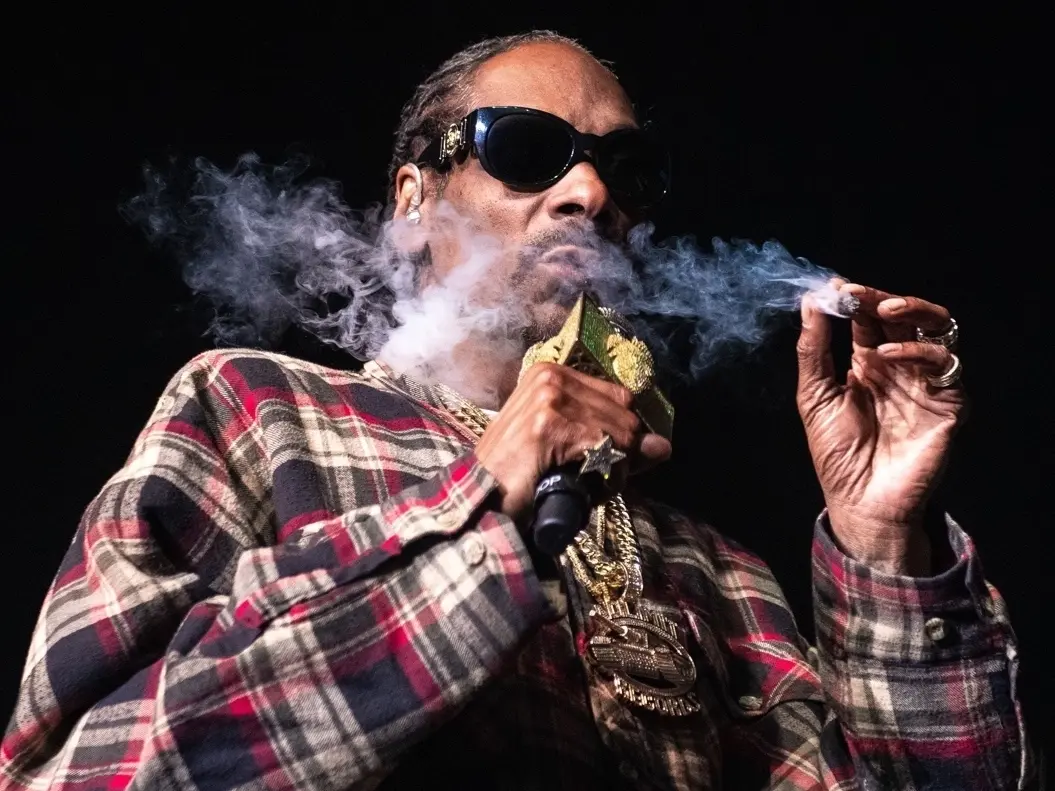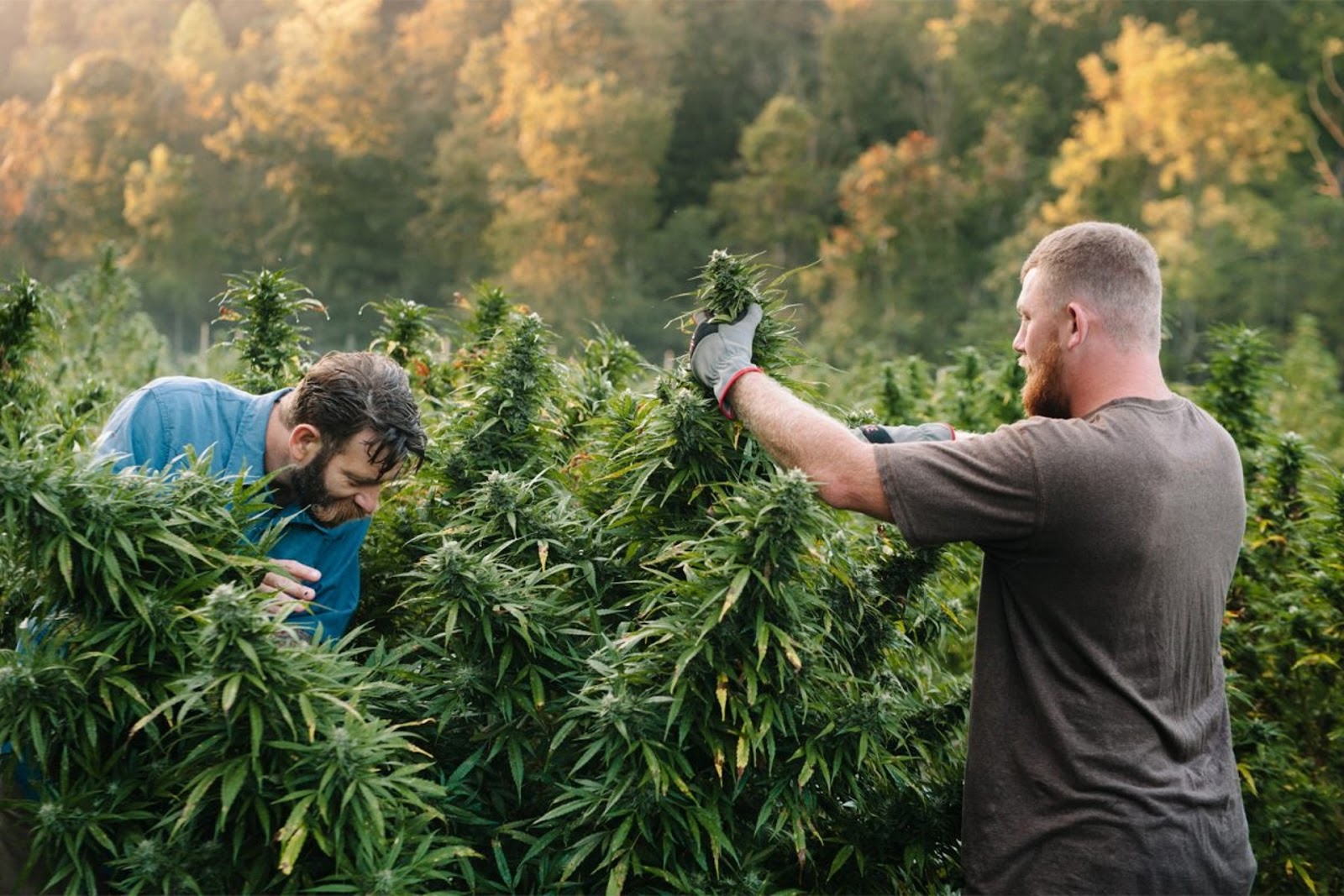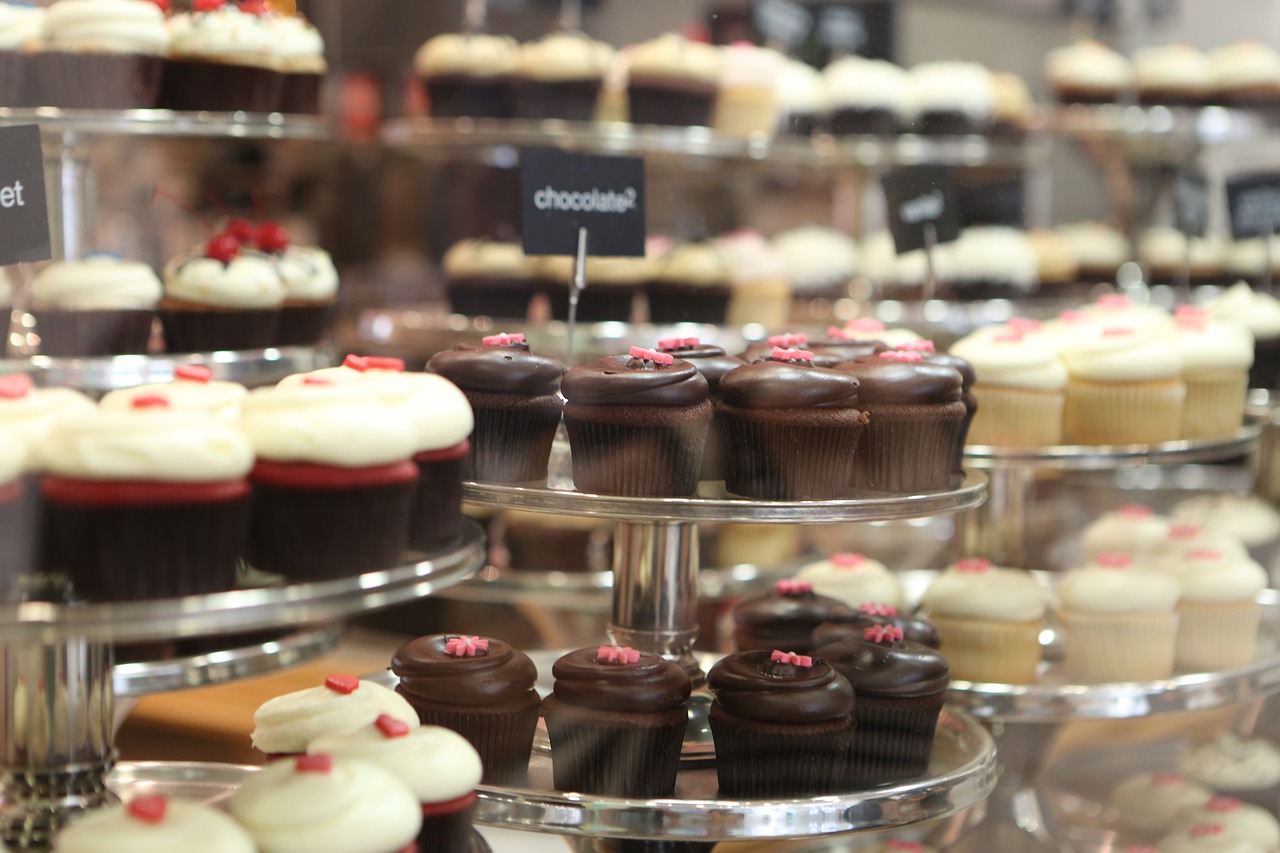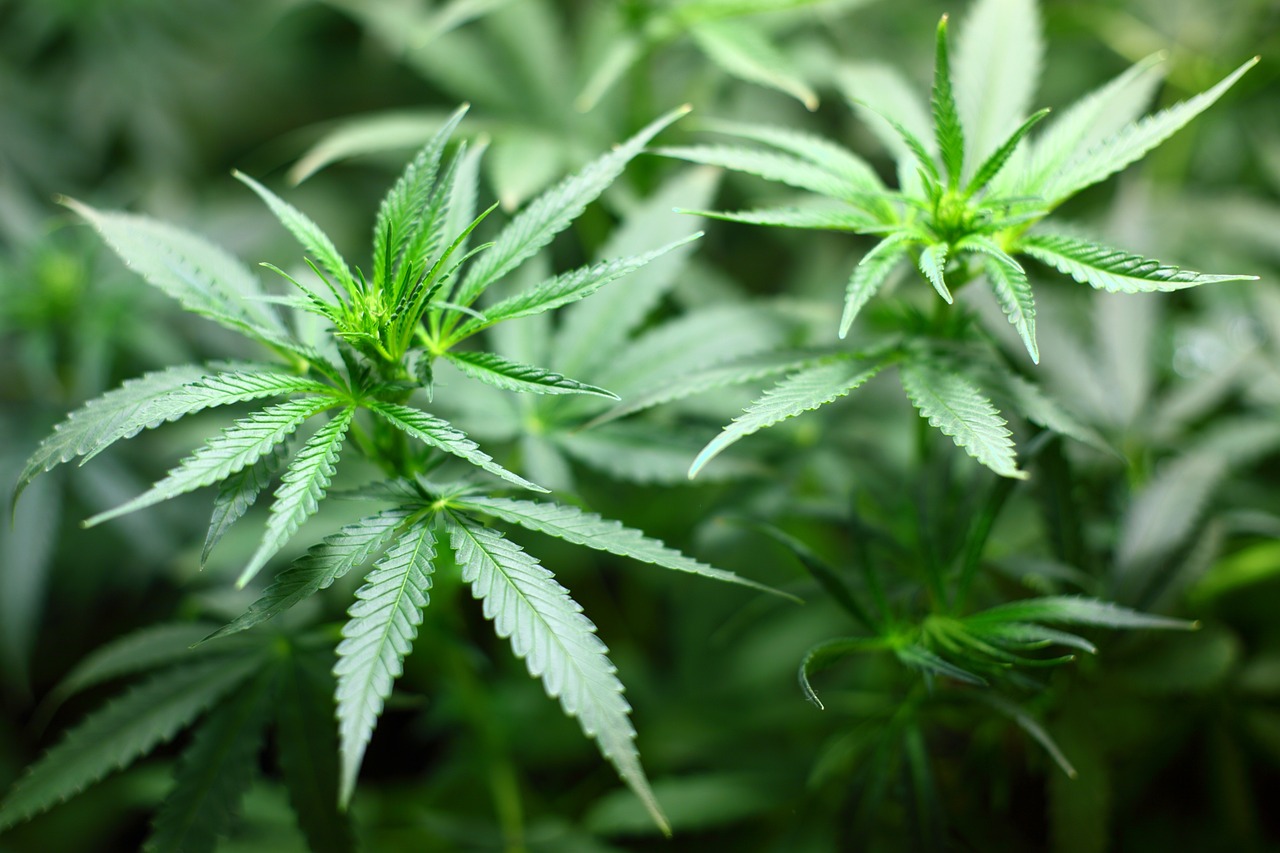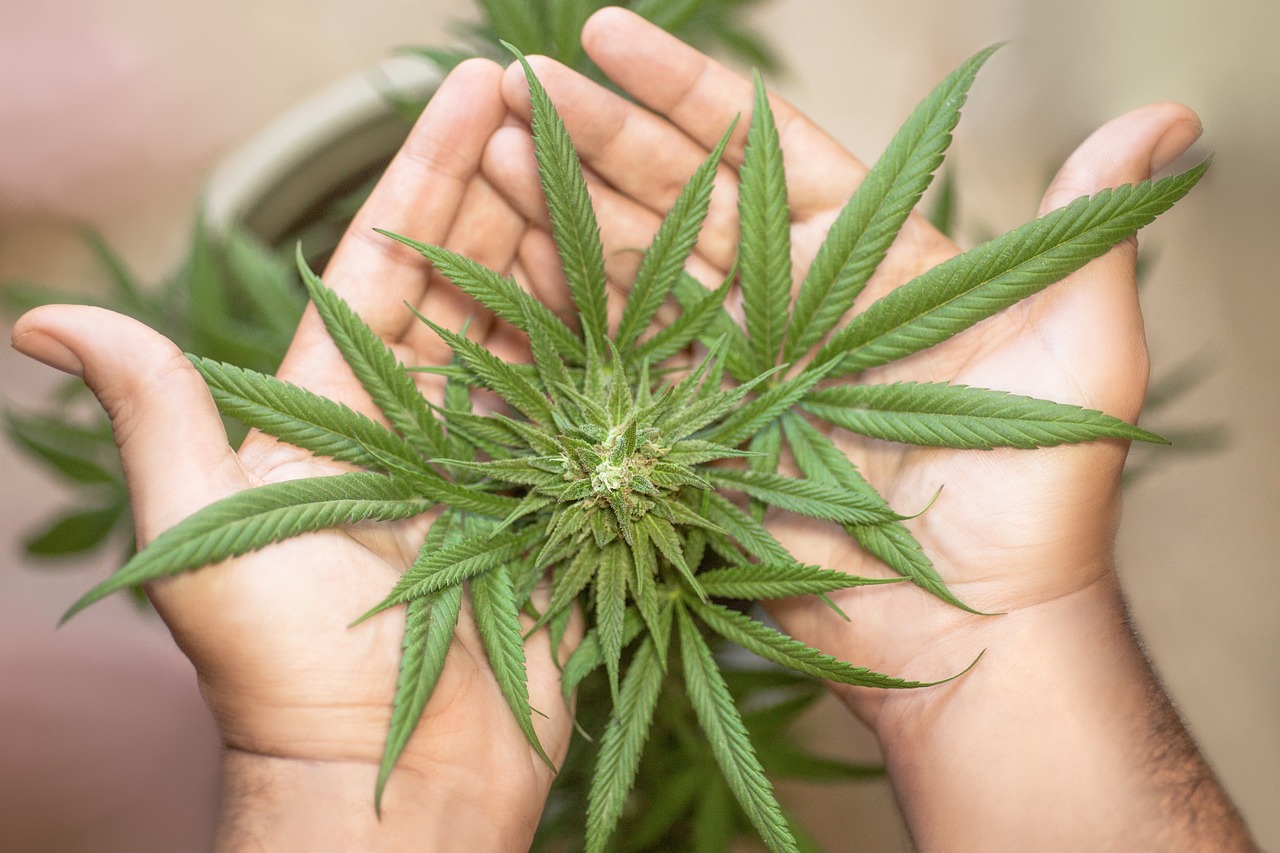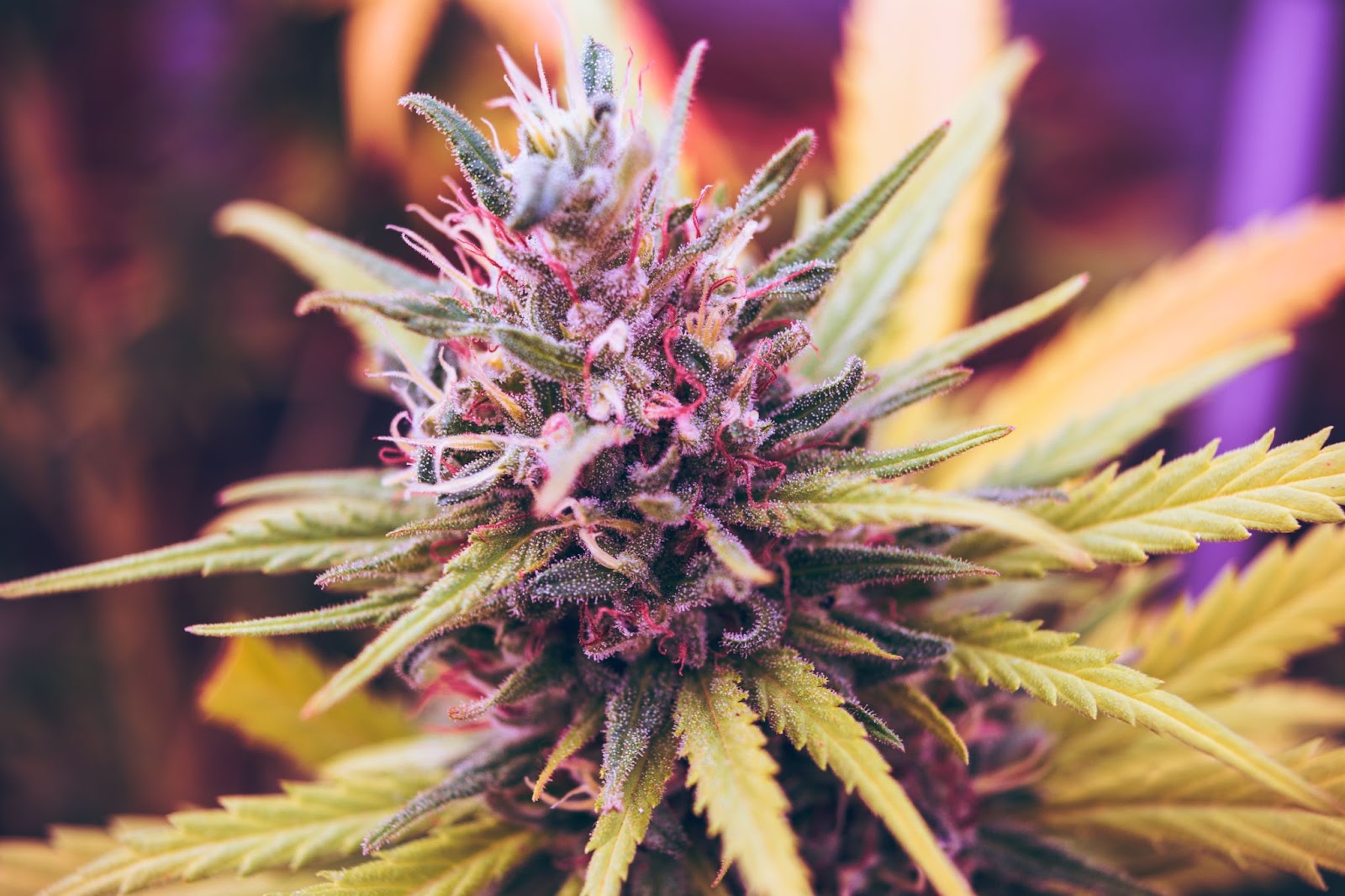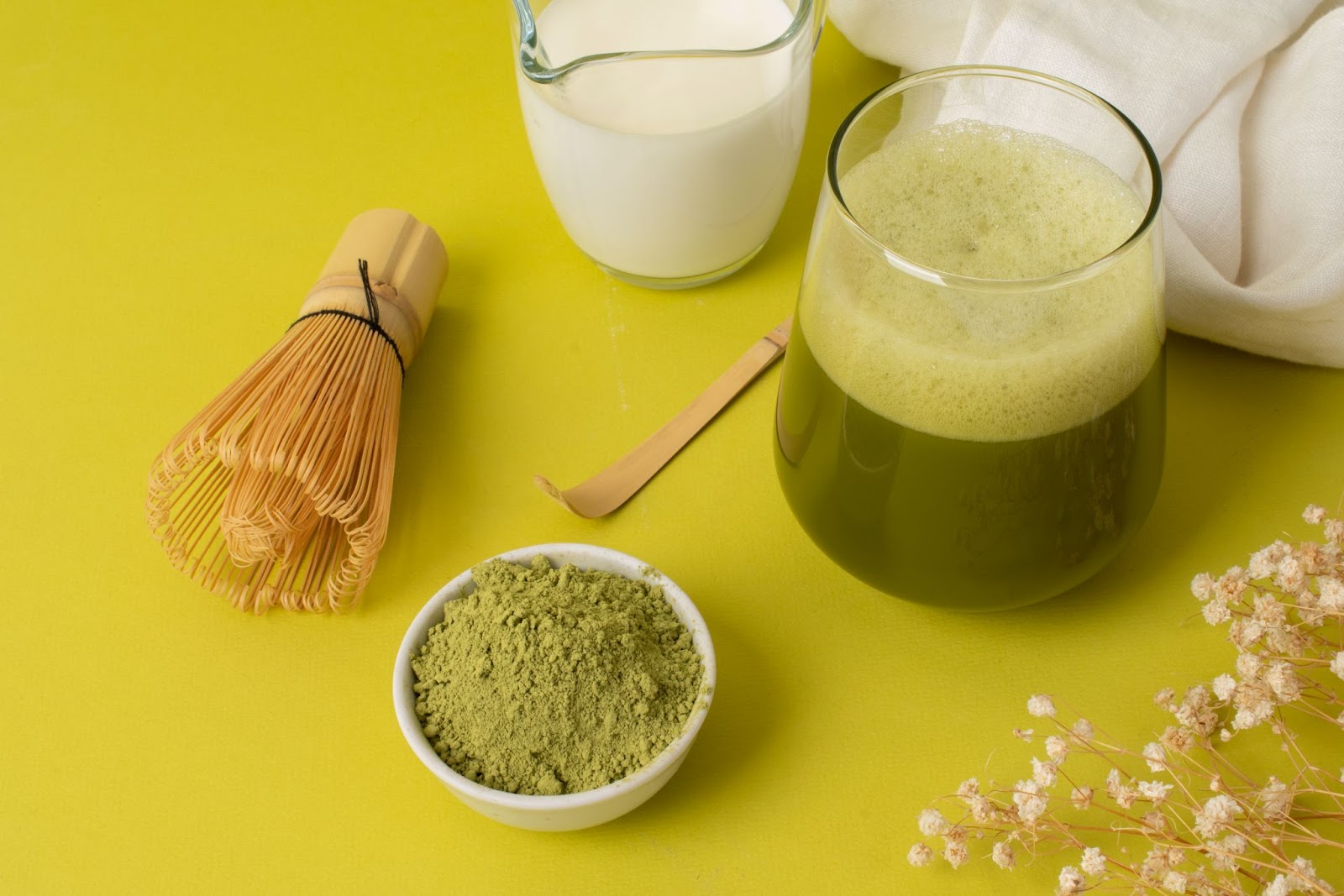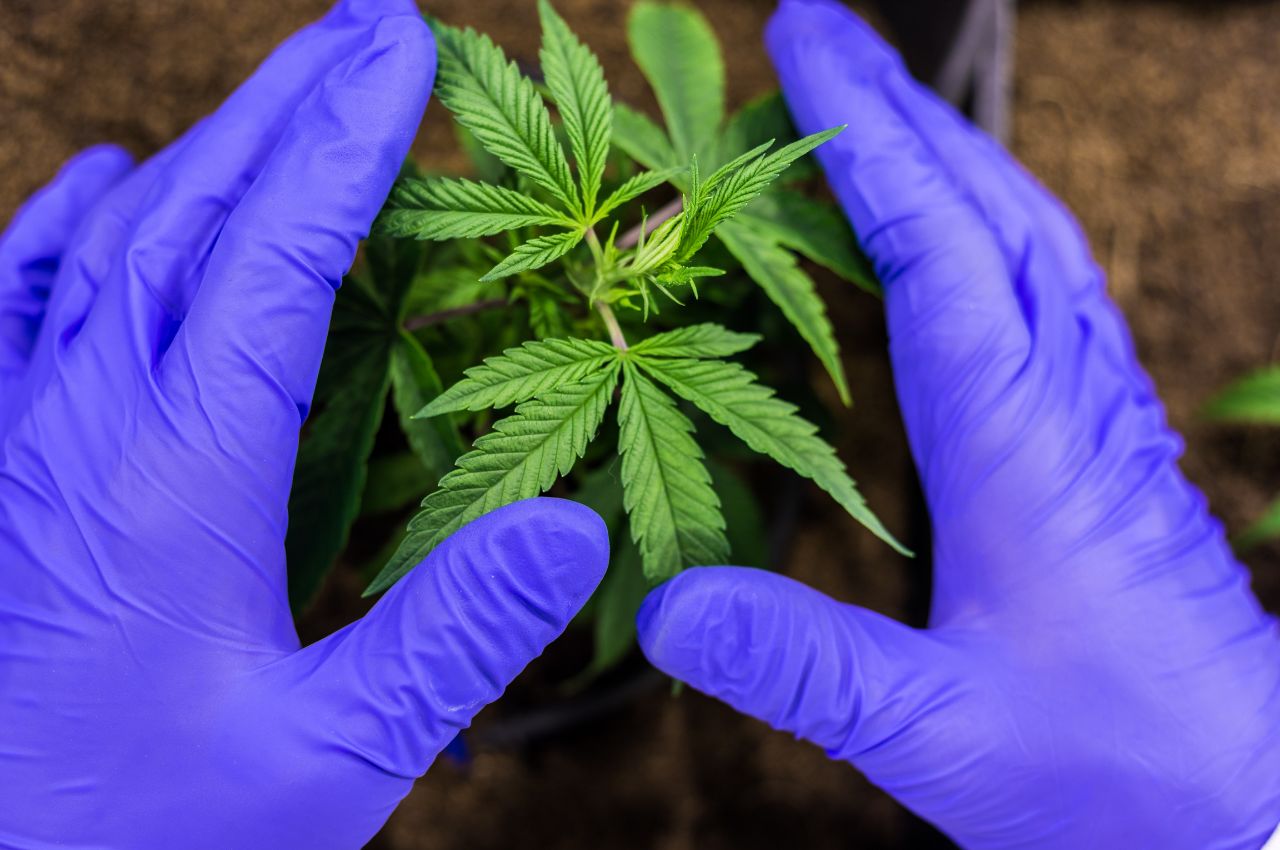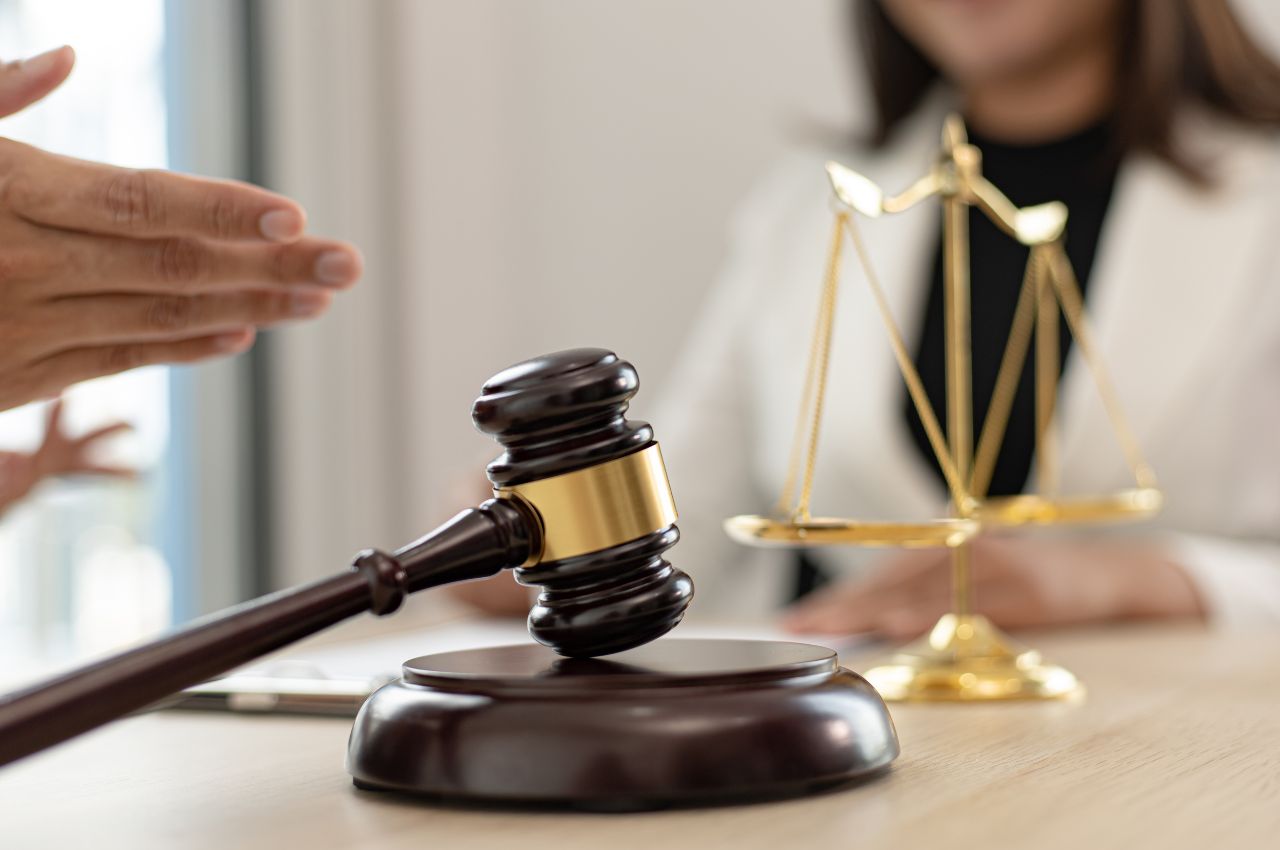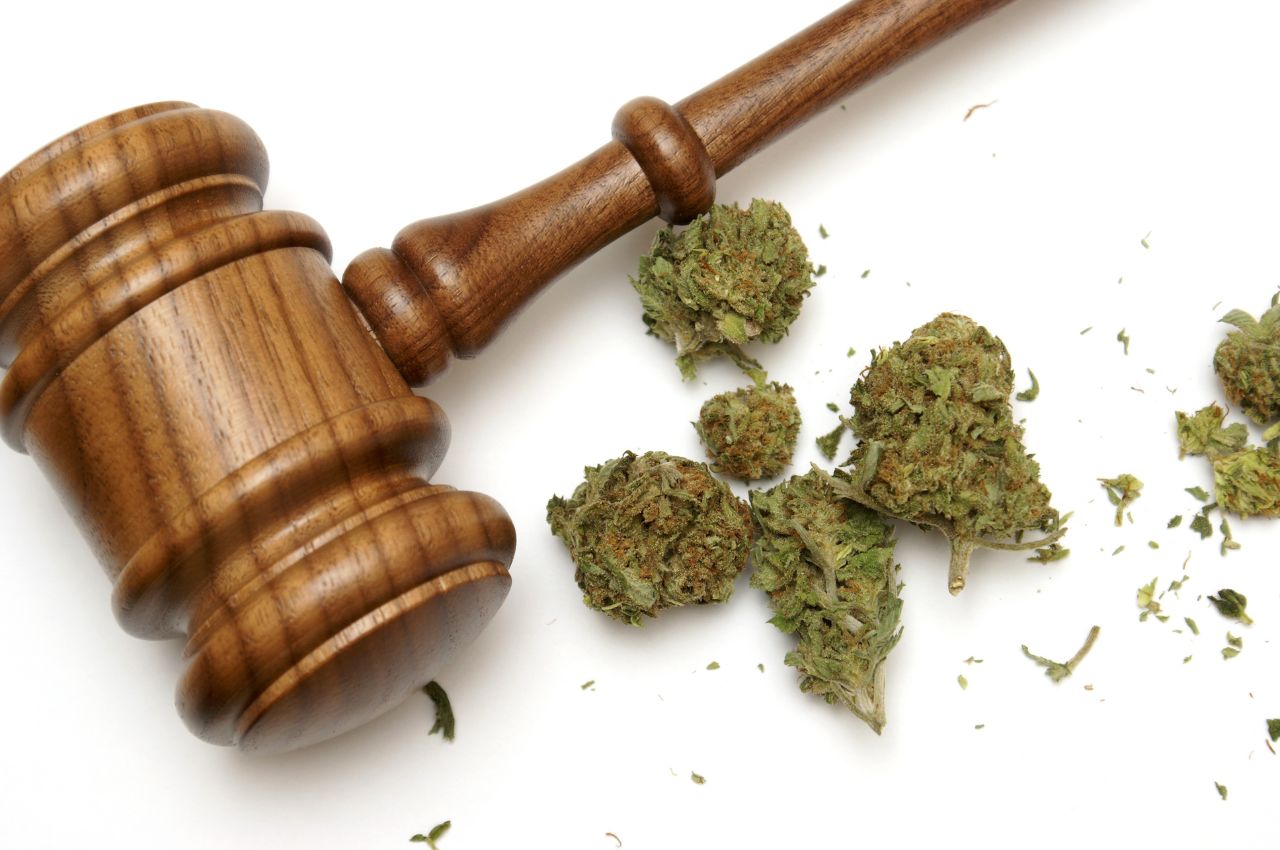A new research study from the Journal of the American Medical Association (JAMA) states that the legalization of cannabis for adult use does not affect youth marijuana use. This same study shows that states that have adopted recreational marijuana laws (RMLs) did not experience an increase in illegal use among young people.
Researchers from Montana State University and San Diego University came together to evaluate whether illegal youth use of cannabis was seen in states that recently legalized marijuana, using responses from the Youth Risk Behavior Survey (YRBS). The YRBS asks high school students about various health-related activities, including marijuana use, vaping, and alcohol consumption. The four authors of the study reportedly analyzed responses from 207,781 students.
“In this repeated cross-sectional study, there was no evidence that RMLs were associated with encouraging youth marijuana use,” the two-page paper asserts. “After legalization, there was no evidence of an increase in marijuana use.” The study added, “Estimates based on the state YRBS and estimates of the association between the first dispensary opening and marijuana use were qualitatively similar.”
Responses to the YRBS studies were taken from students in twelve different states, before and after recreational marijuana laws were passed. Nine states contributed data from before and after dispensaries were opened. Responses from students in 36 other states where marijuana has not been legalized were also studied.
This is the second study published by JAMA in recent weeks that found that the legalization of marijuana for adults does not affect marijuana use by underage youth. The other study, published in the JAMA Pediatrics journal, found the opposite: that youth were reporting lower amounts of marijuana usage in states where adult use of cannabis had been legalized. Conducted by researchers at Boston College and the University of Maryland at College Park, the study suggested that over time, recreational cannabis laws (RCLs) led to lower odds of any cannabis use.
“Each additional year of RCL,” it says, “was associated with 8% higher odds of zero cannabis use (lower likelihood of any use), with non-significant total estimates.”
“Results,” the study concluded, “suggest that legalization and greater control over cannabis markets have not facilitated adolescents’ entry into substance use.”
While officials and the public were initially concerned that marijuana use in youths would increase with adult-use legalization, data seems to support the study’s findings that youth marijuana use is not affected by recreational use laws. Recent data from Washington State suggested that marijuana use in adolescents and teenagers has declined since legalization, and that cannabis has become harder for young people to access since adult-use legalization in 2012. A separate study found that it was more difficult for Canadian teens to access marijuana since the country legalized its use for adults in 2019.
Chief of the National Institute of Drug Abuse’s epidemiological research branch Marsha Lopez said in December that there have been “no substantial increases at all” in teen marijuana use. “In fact, they have not reported an increase in perceived availability either, which is kind of interesting,” she added.
